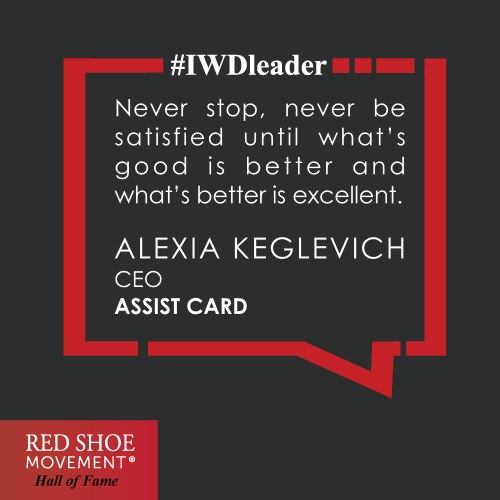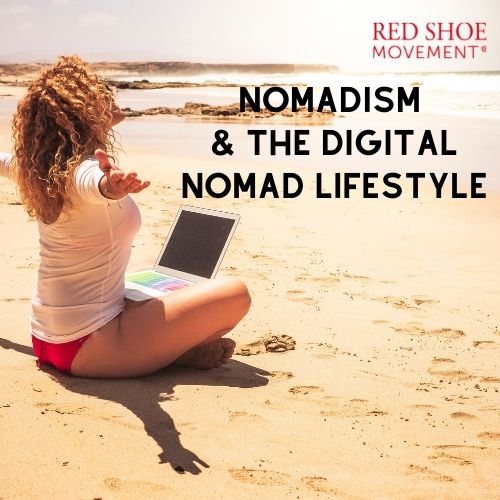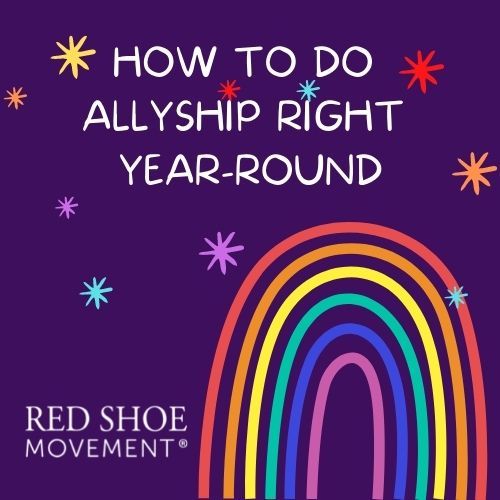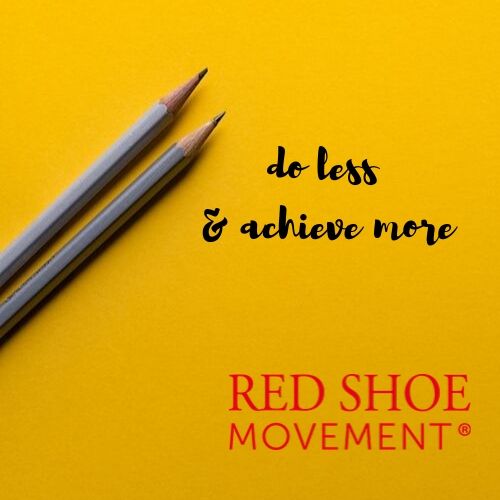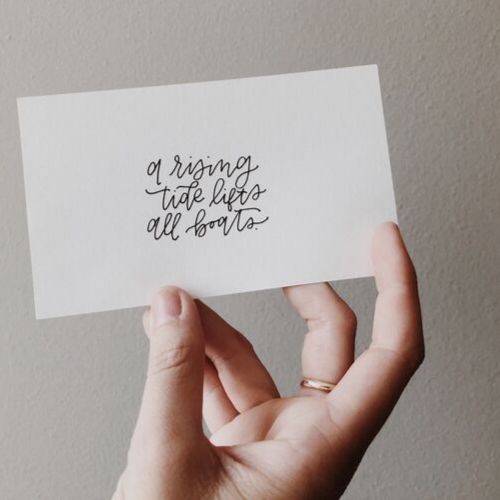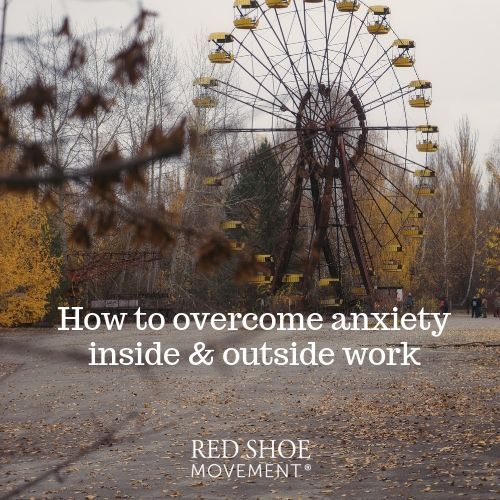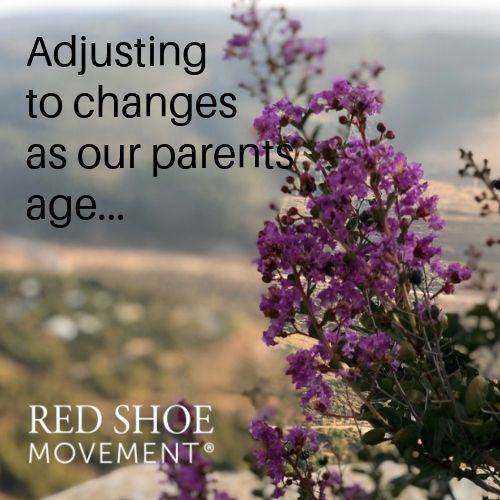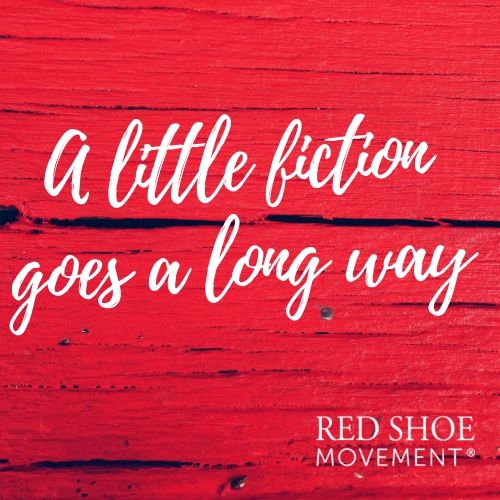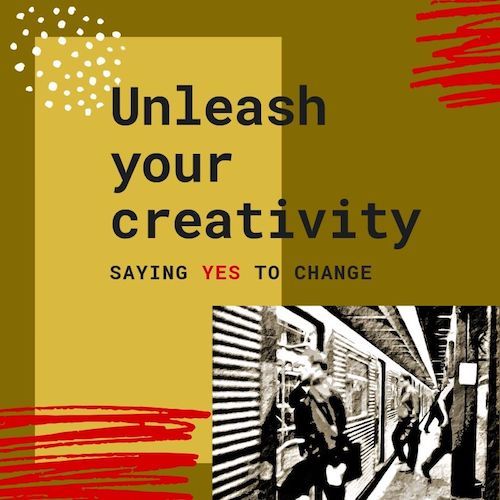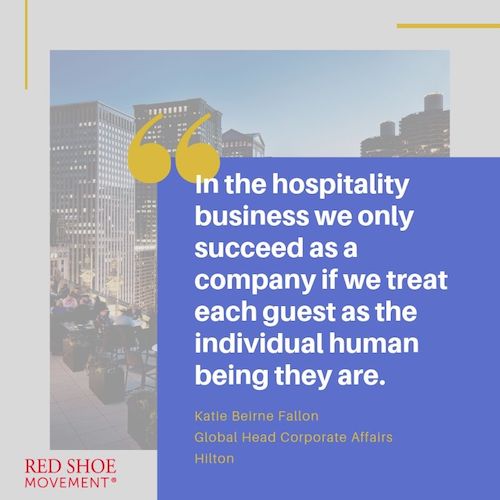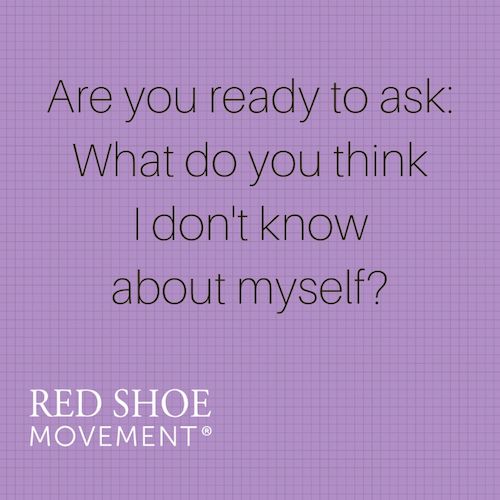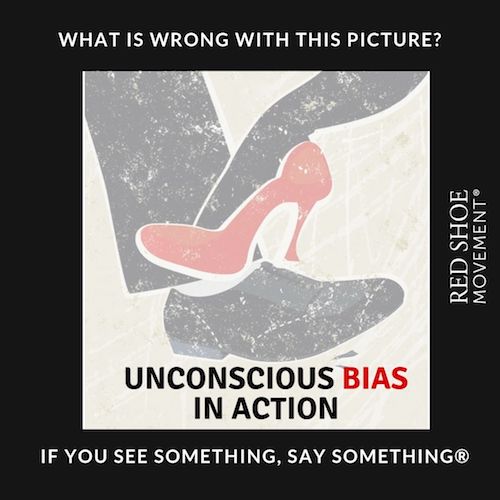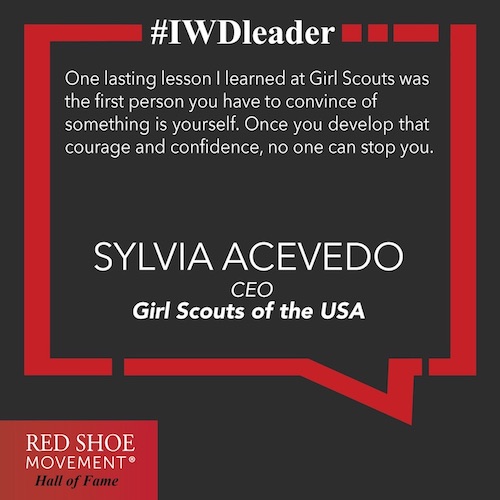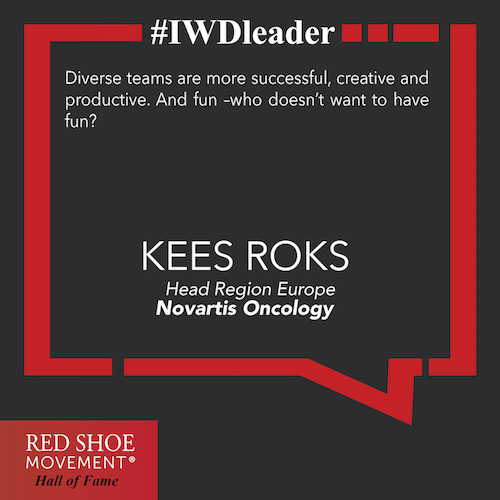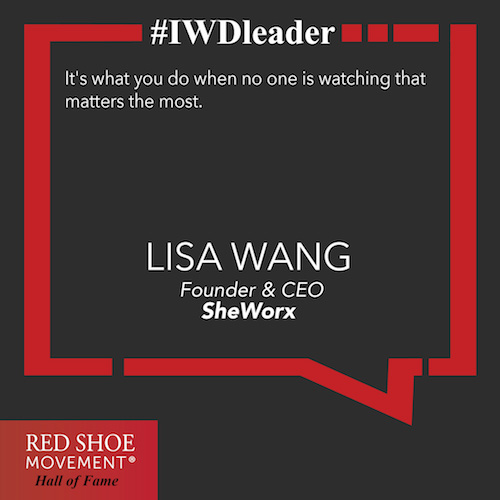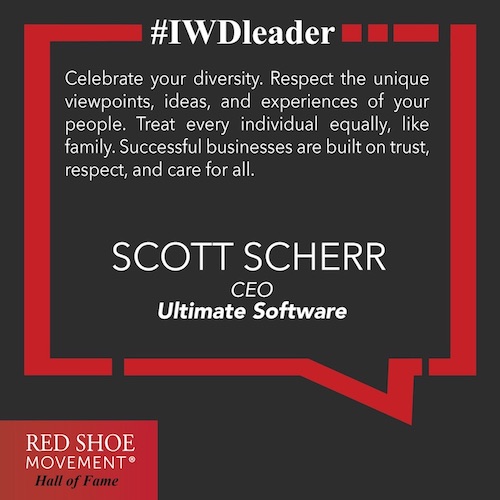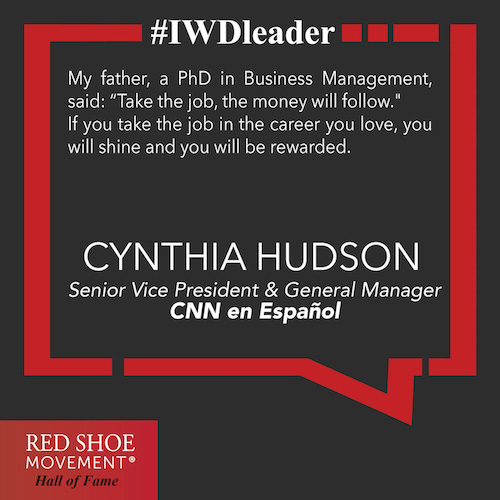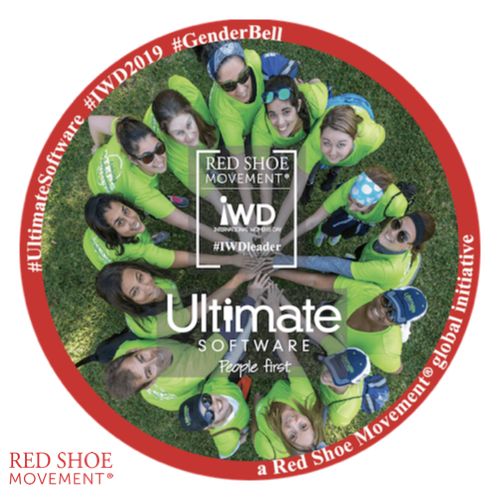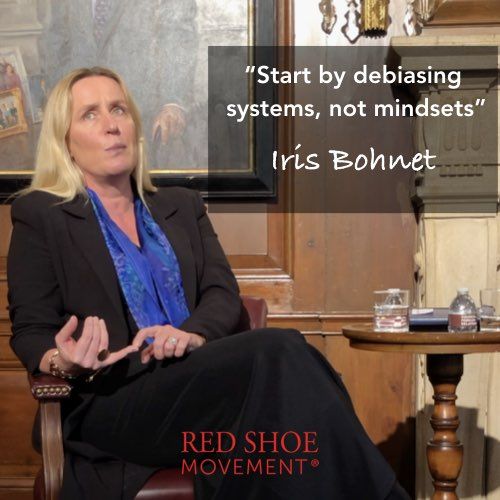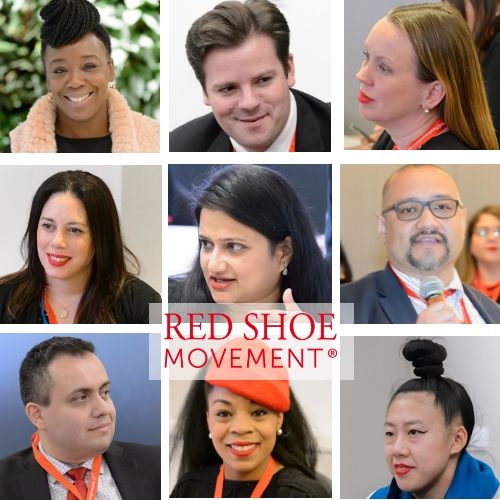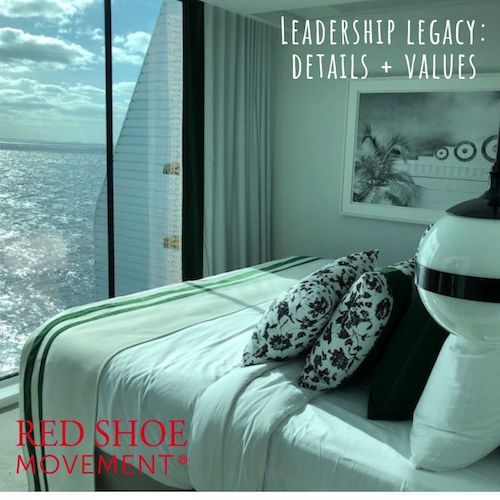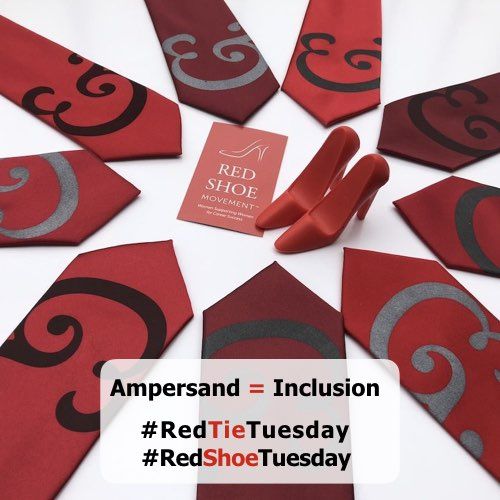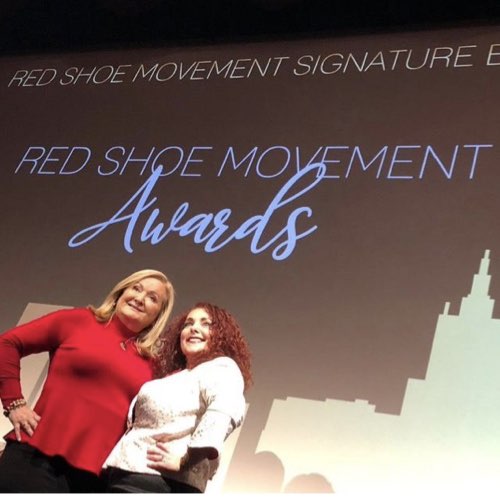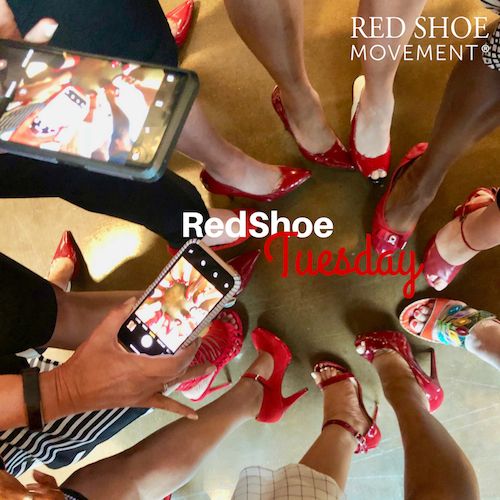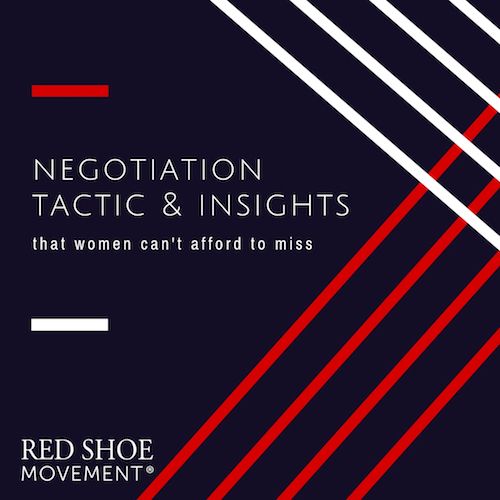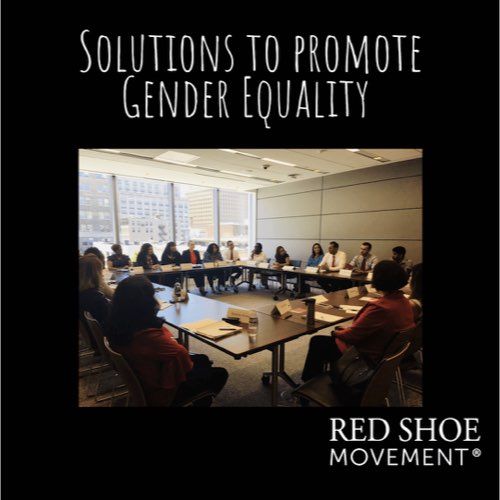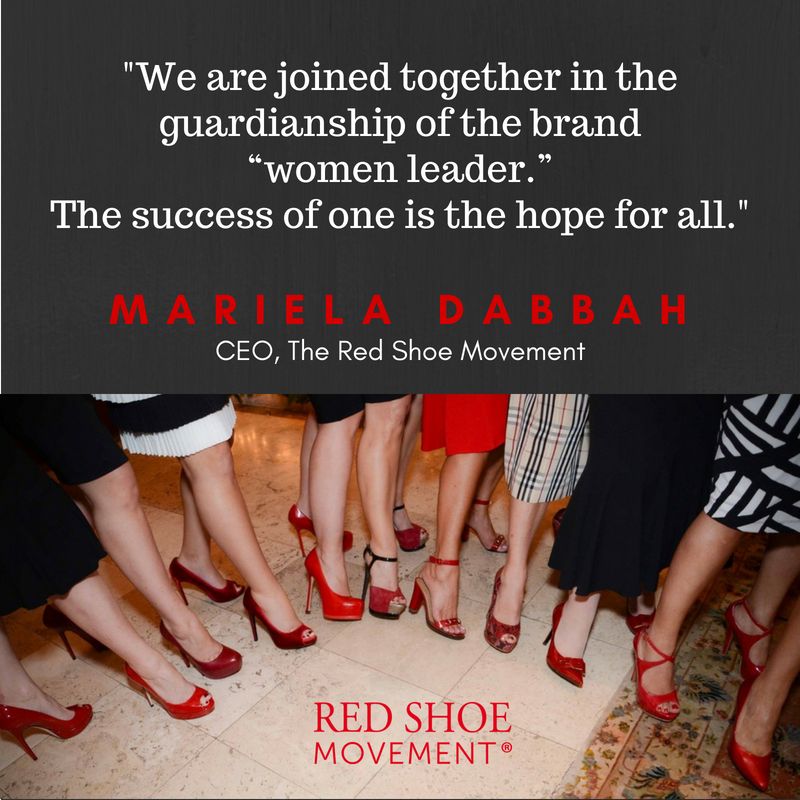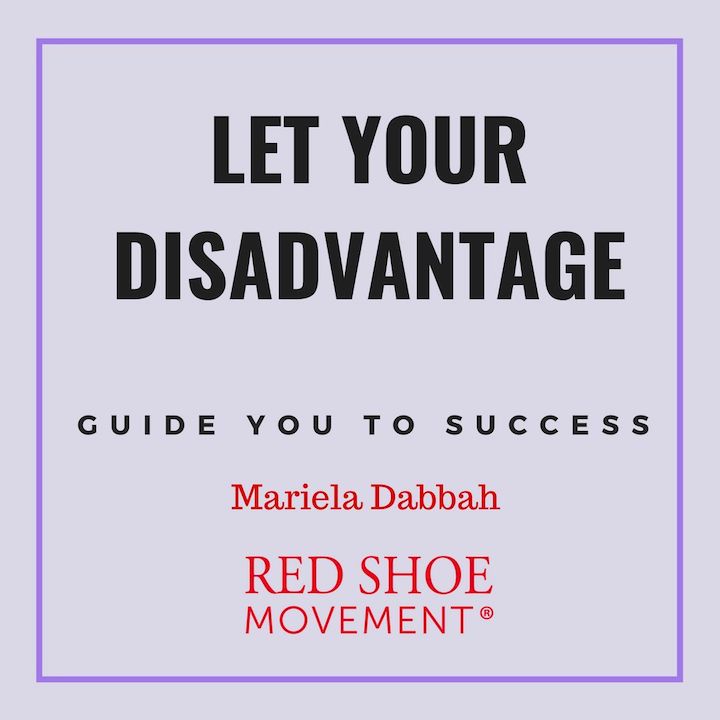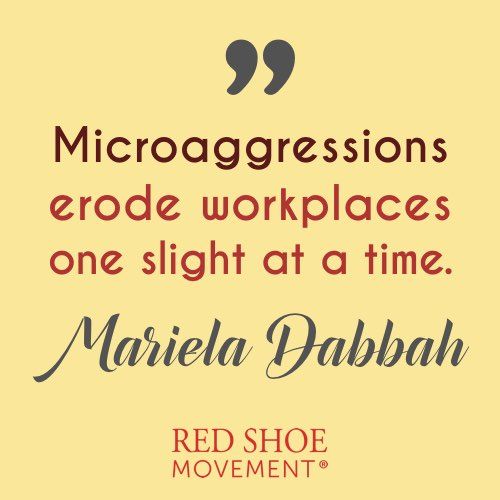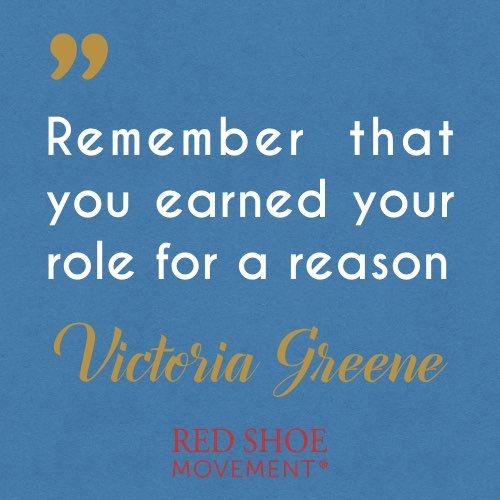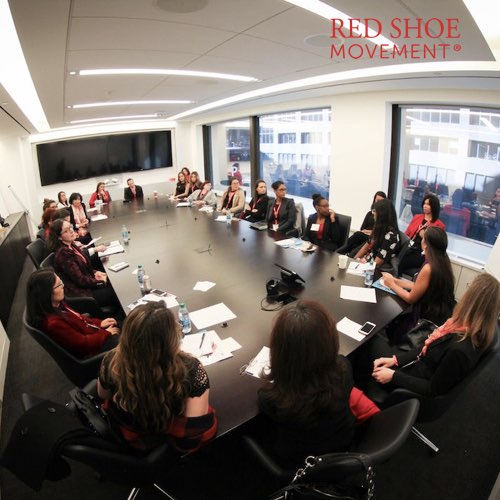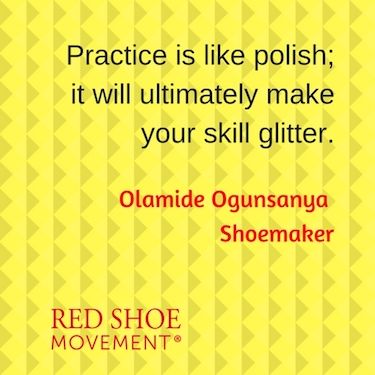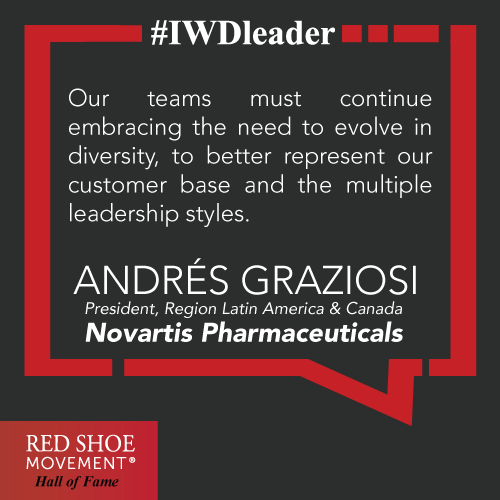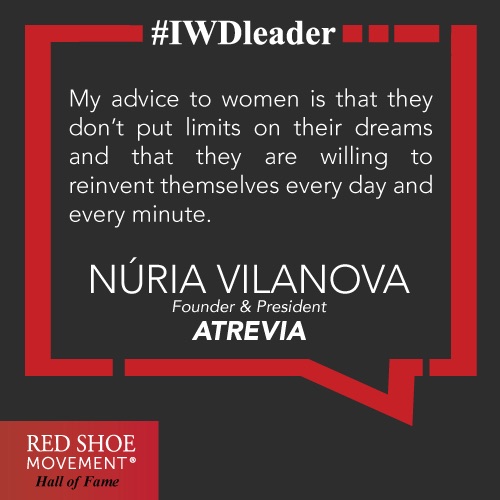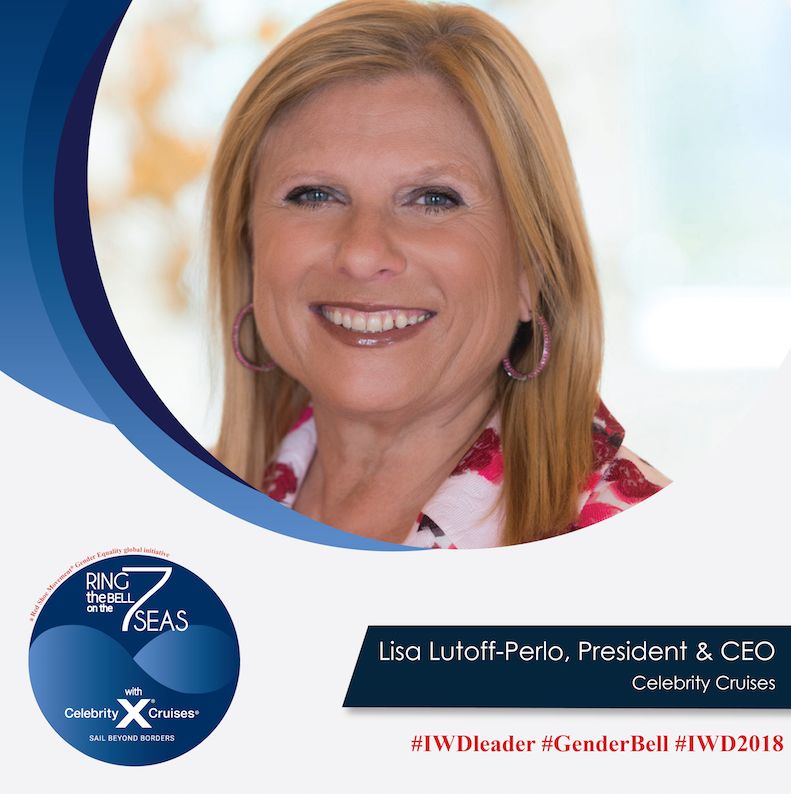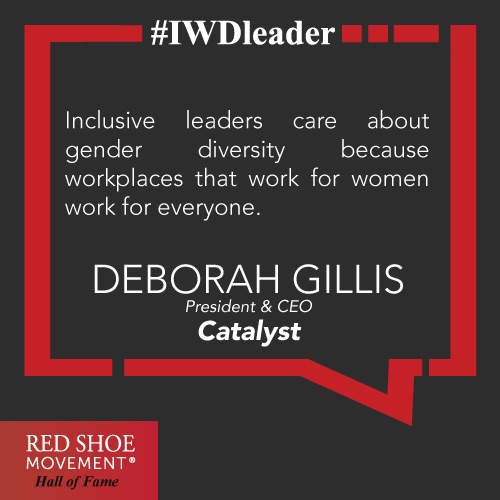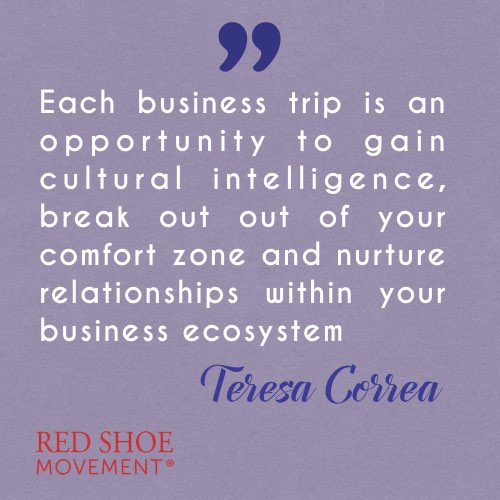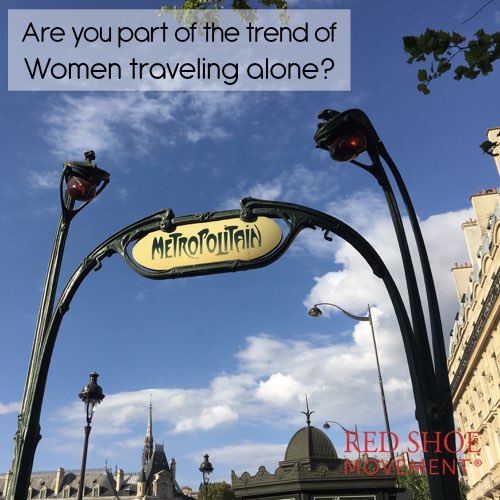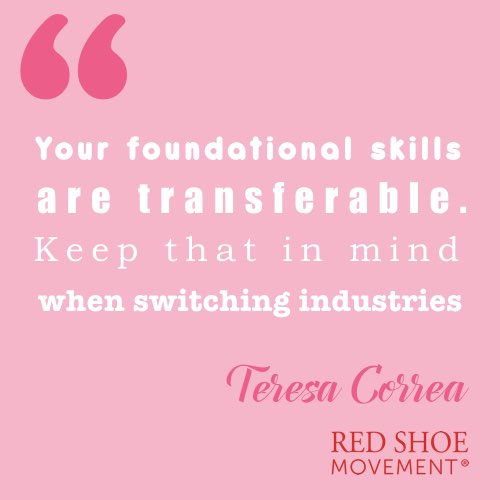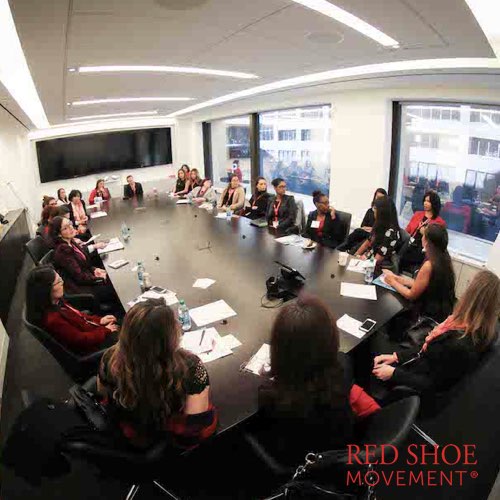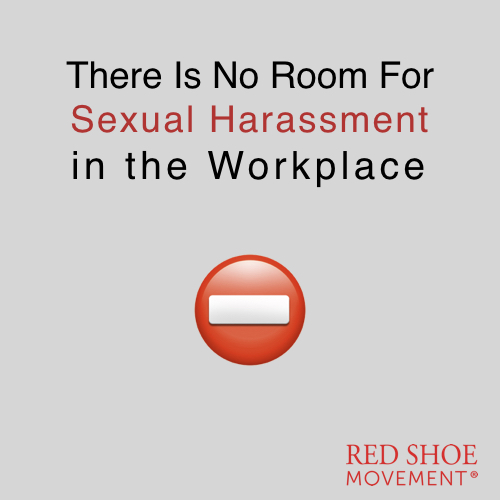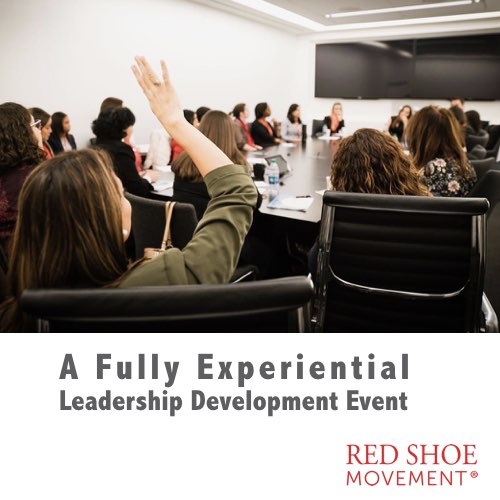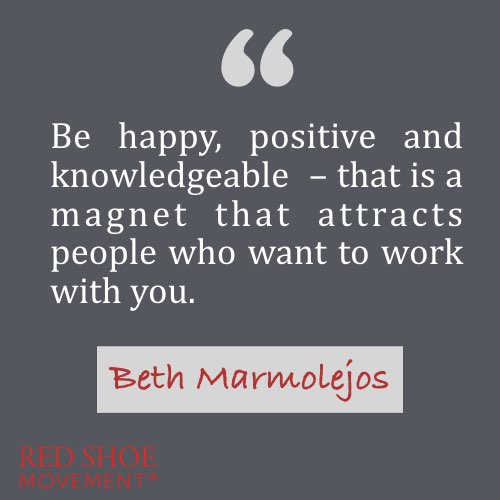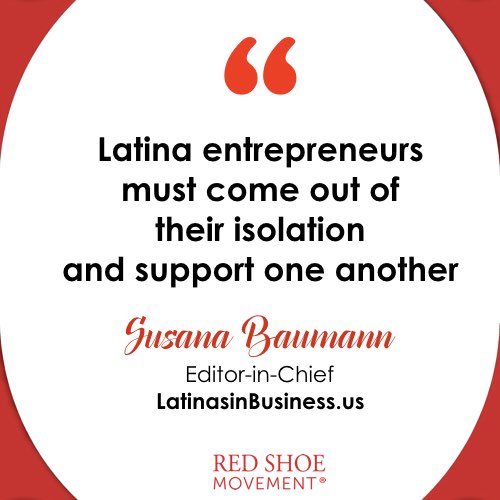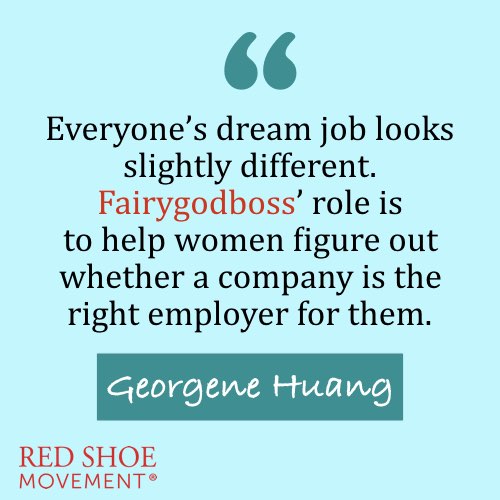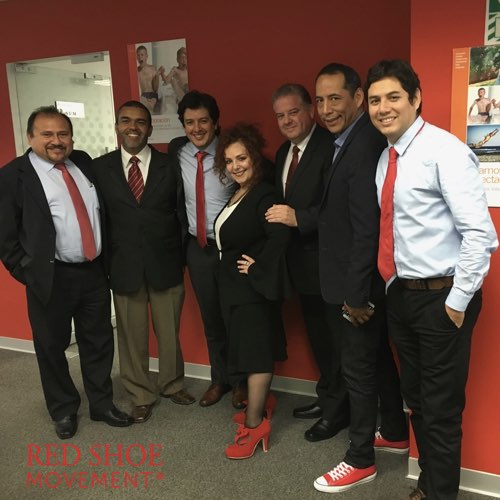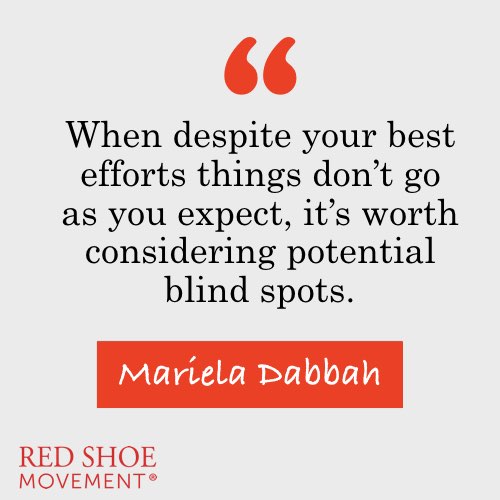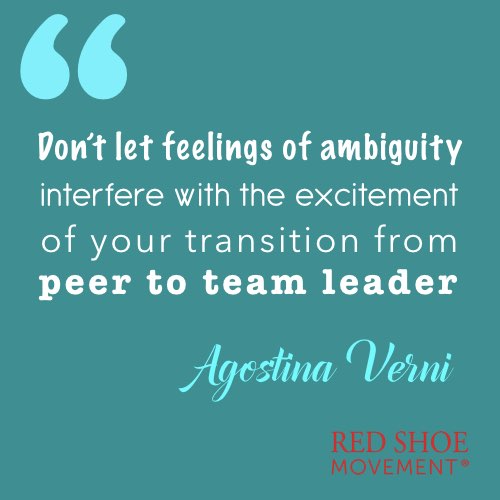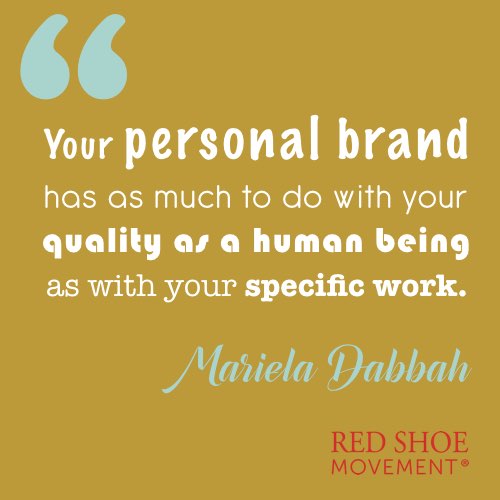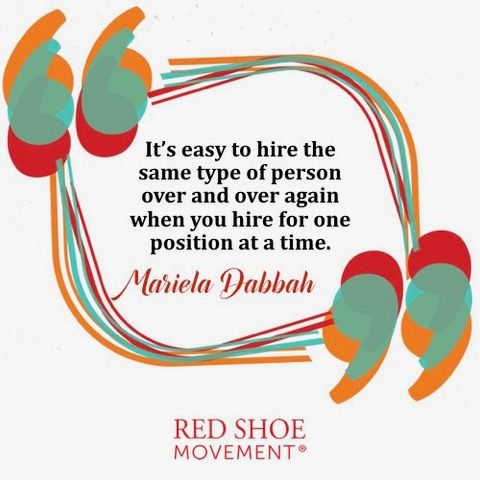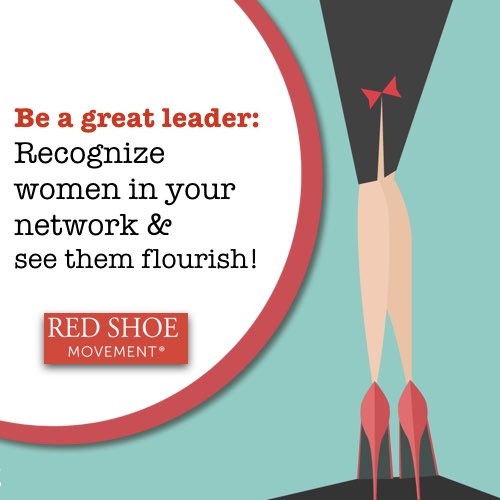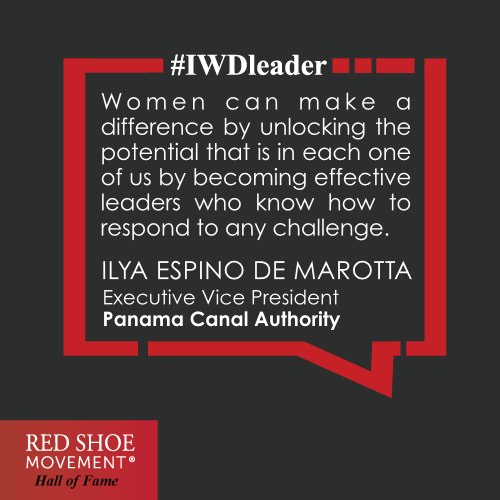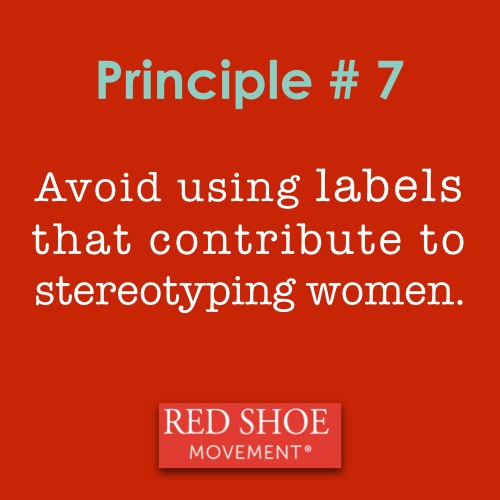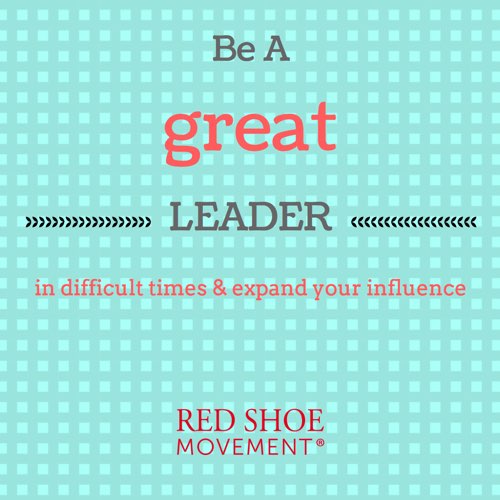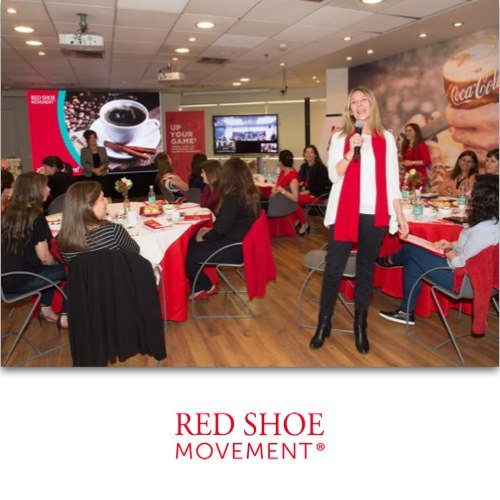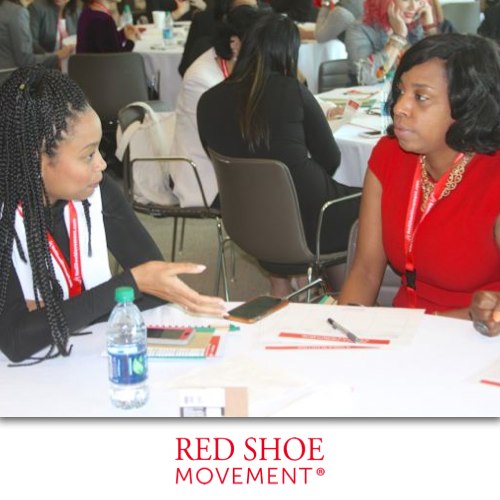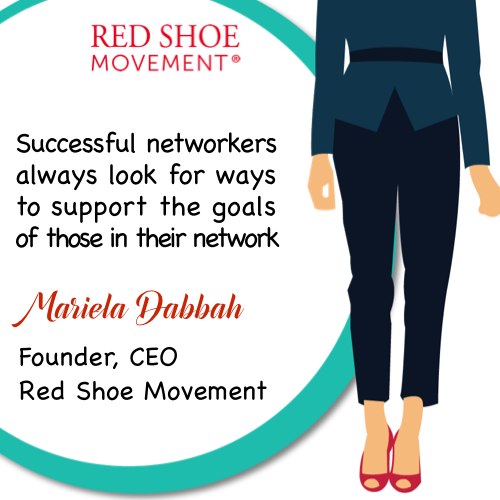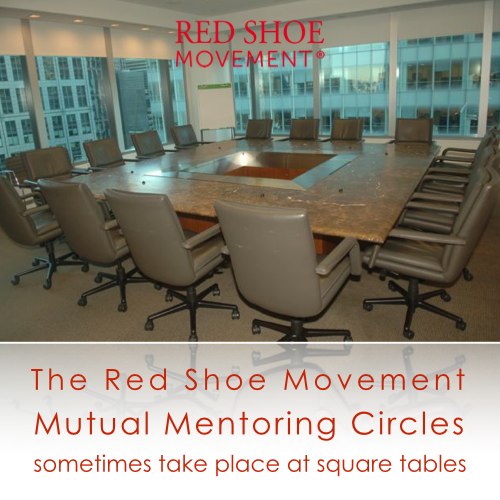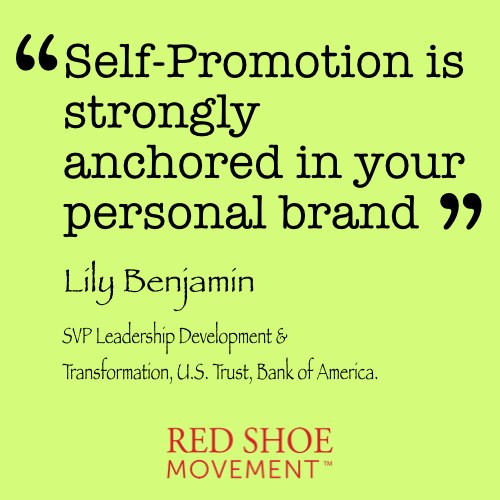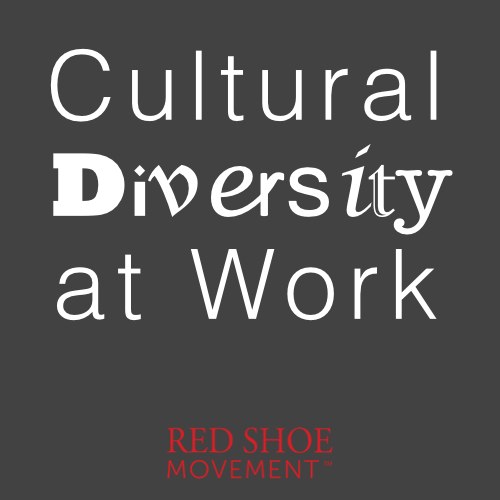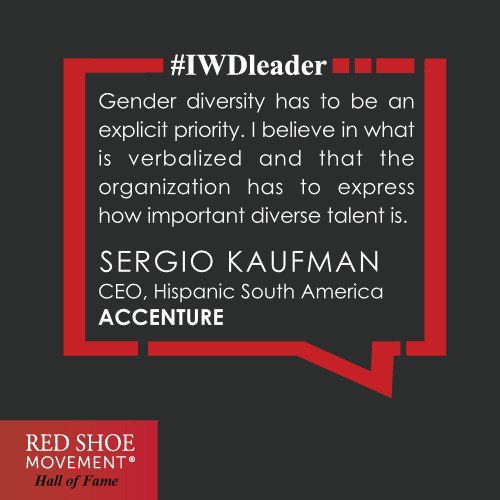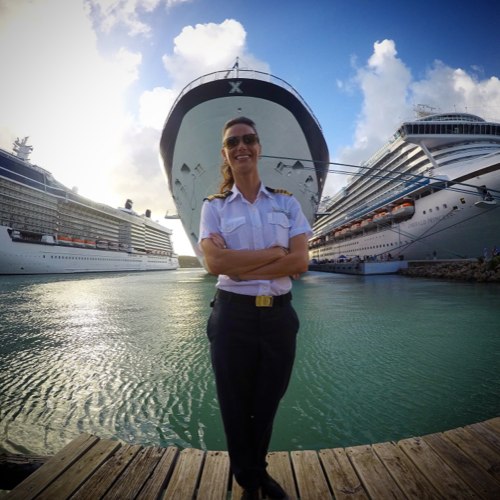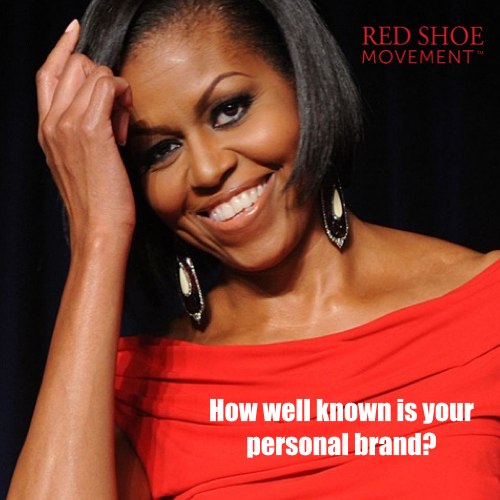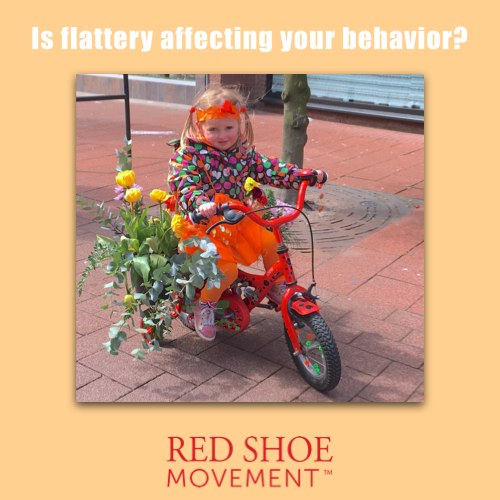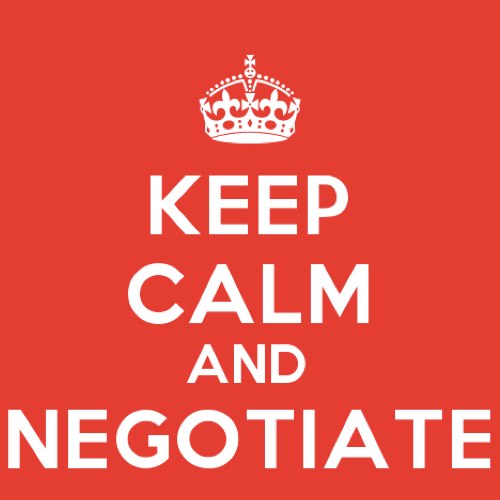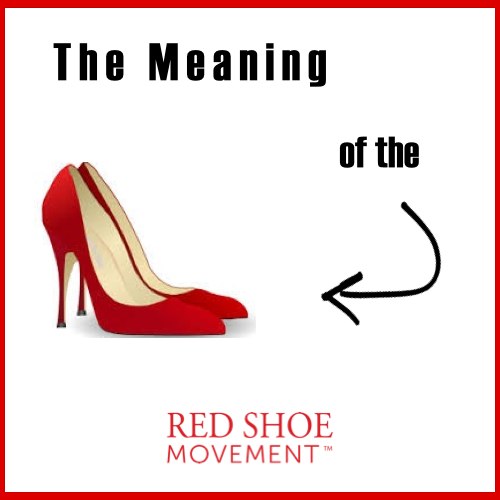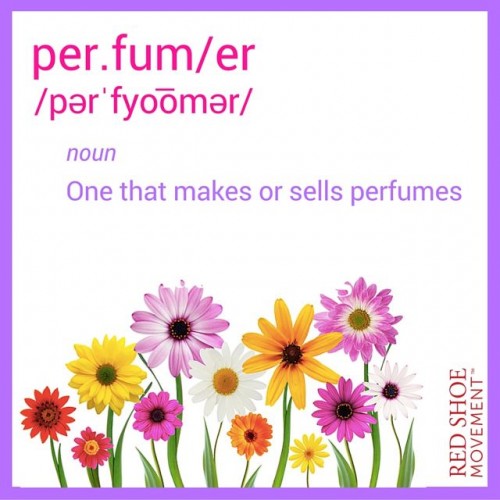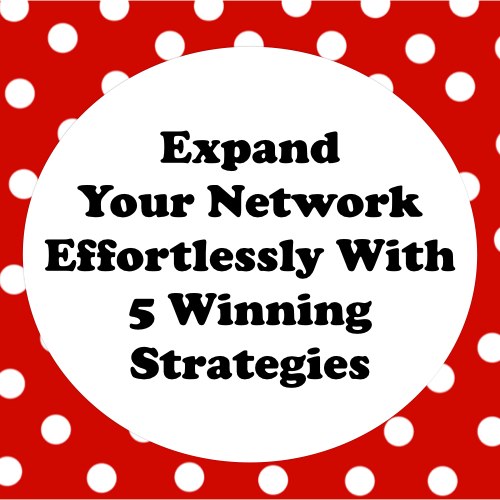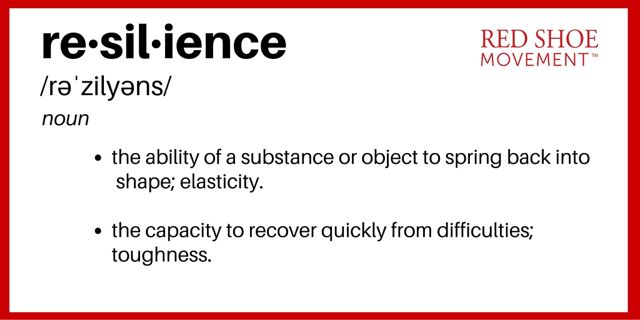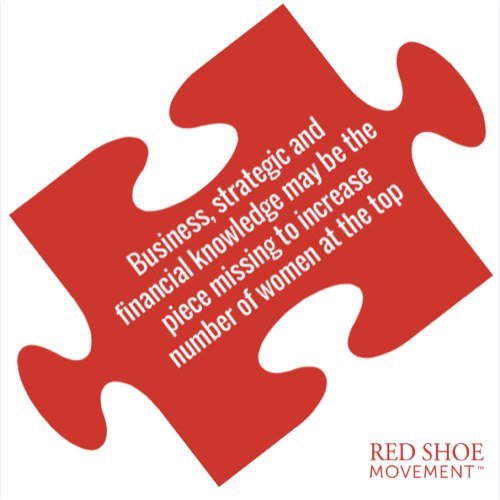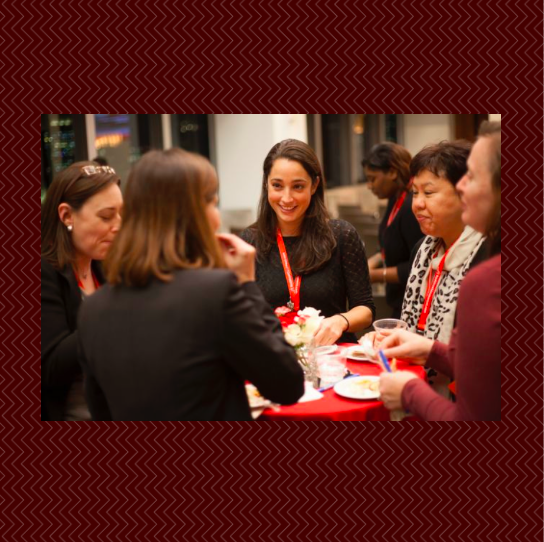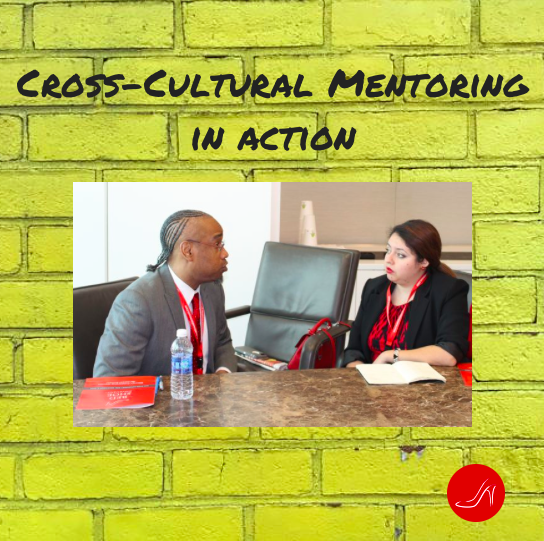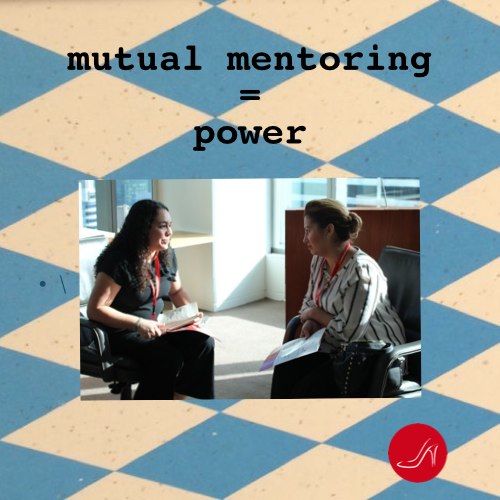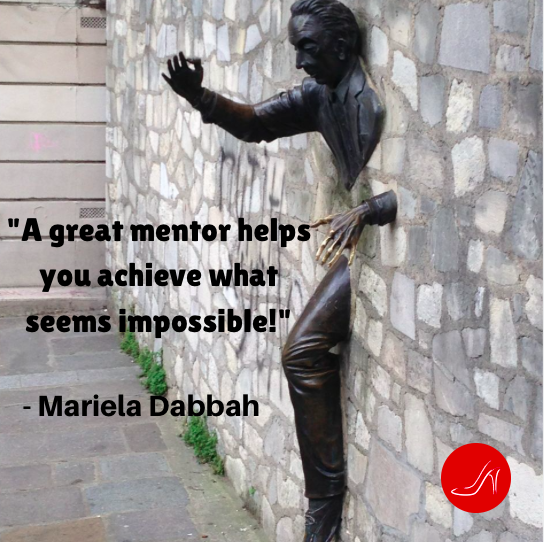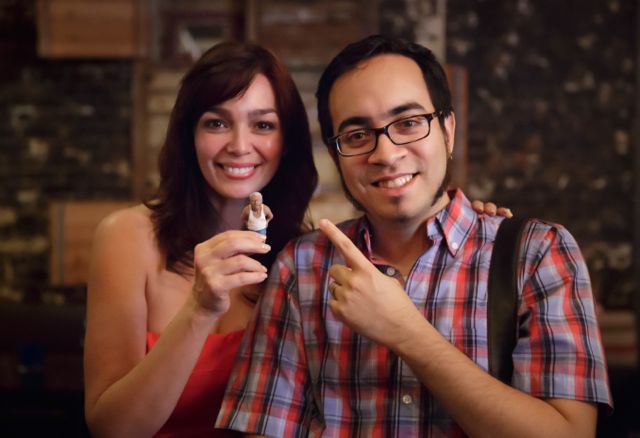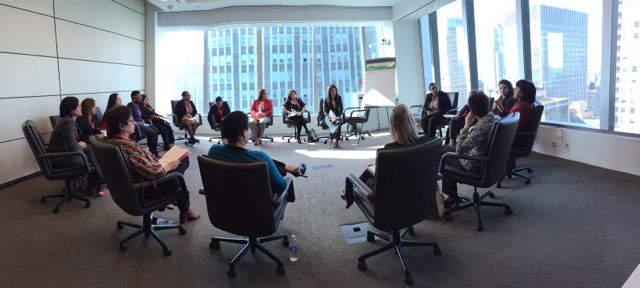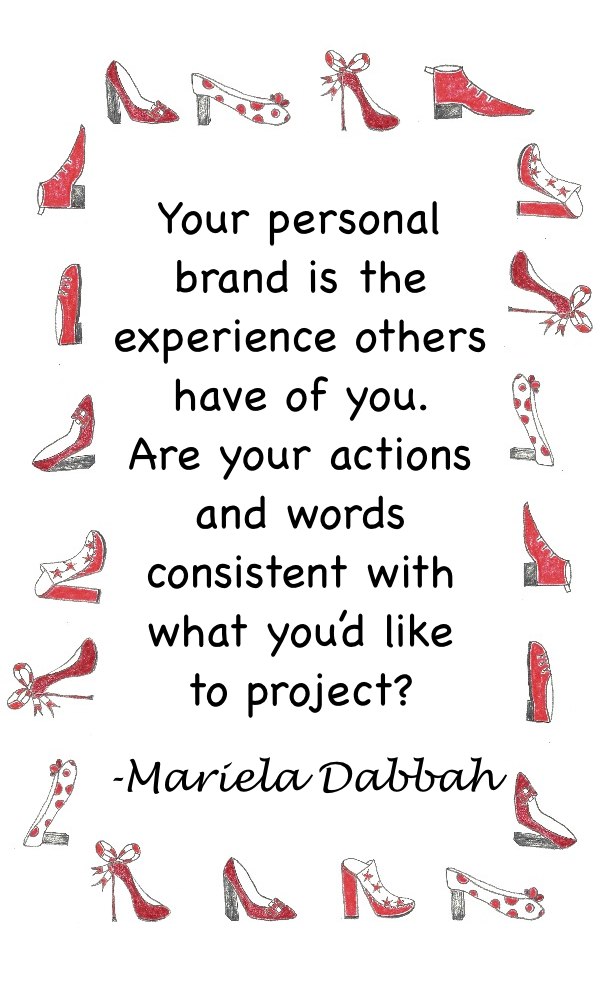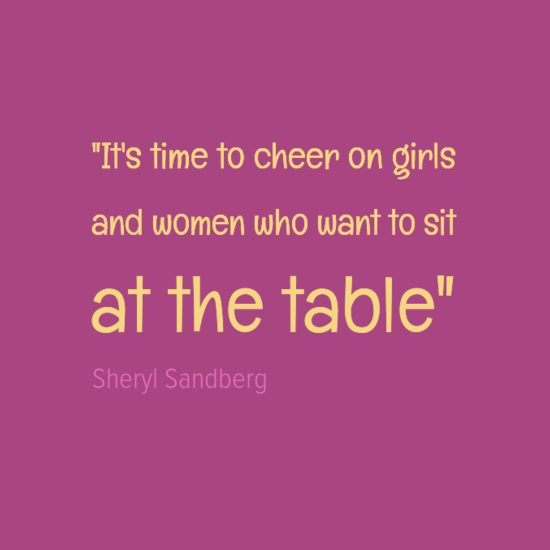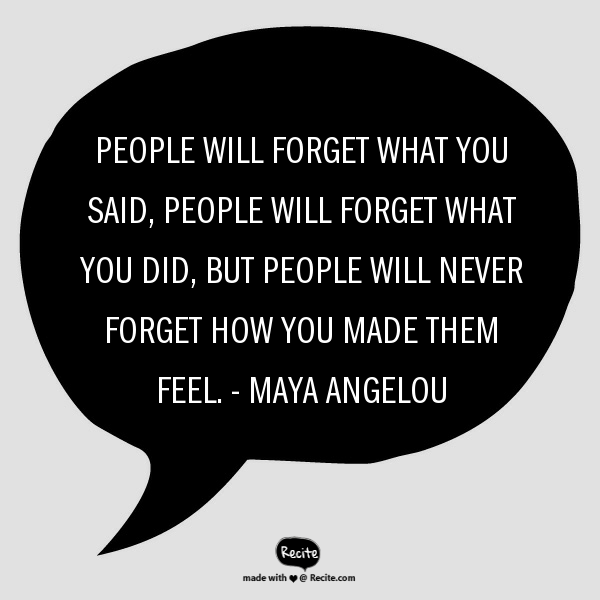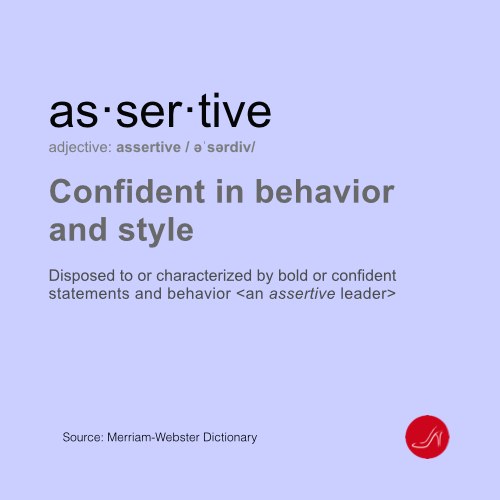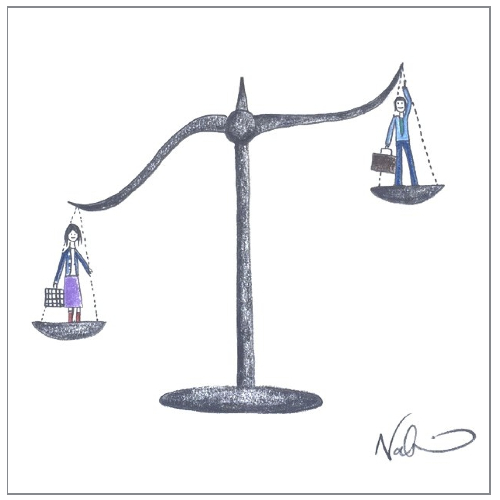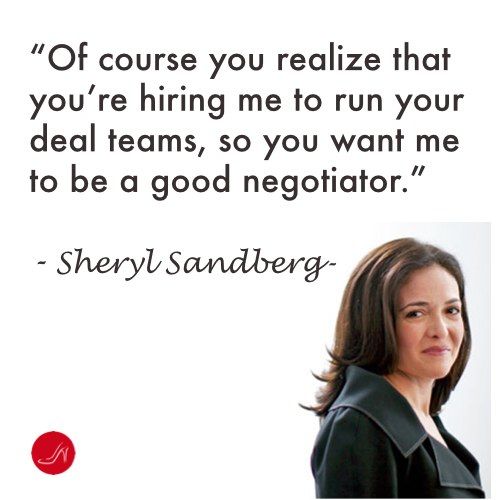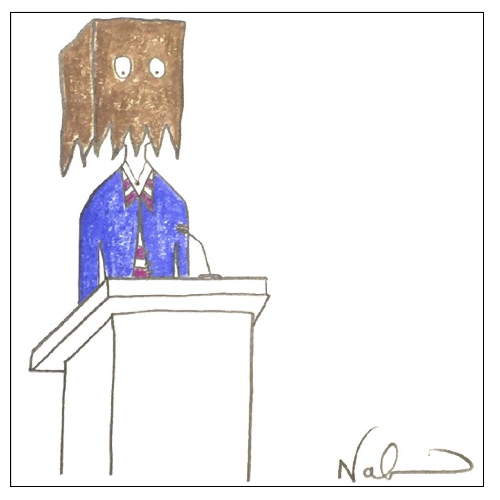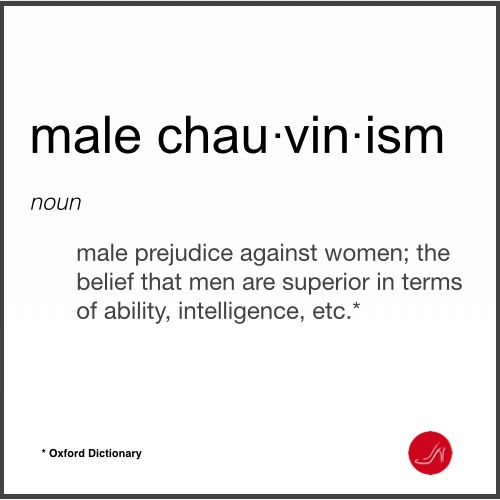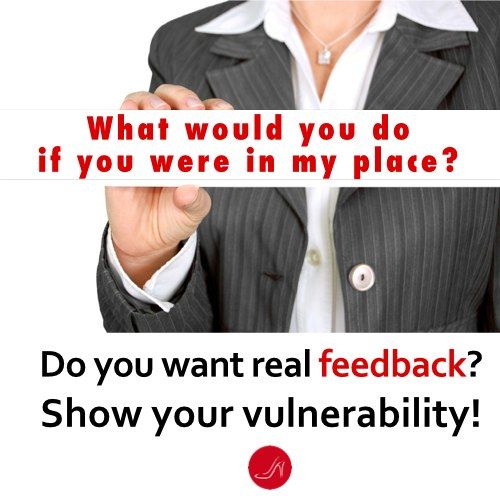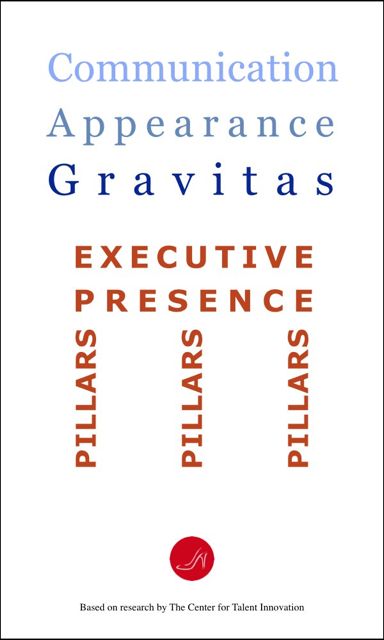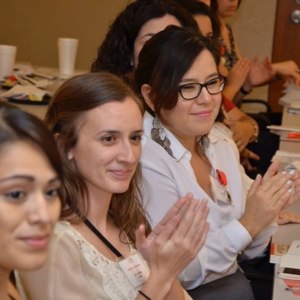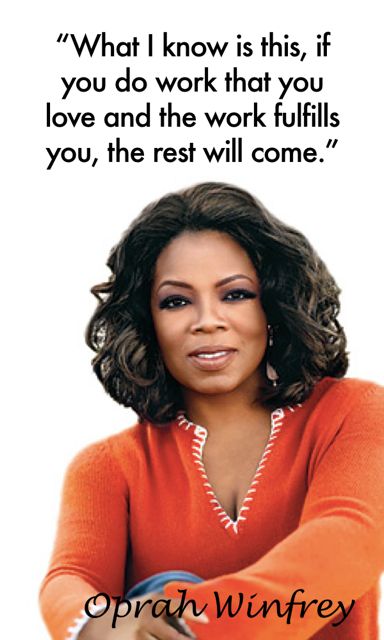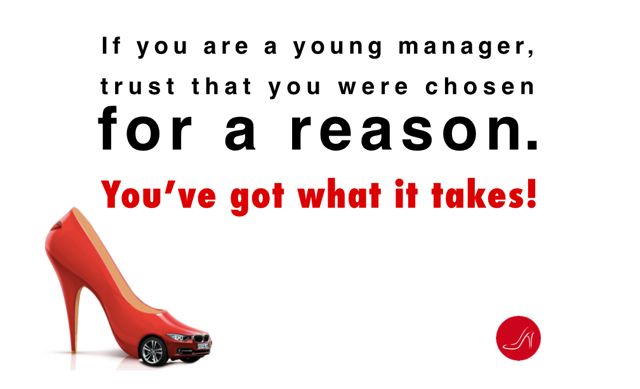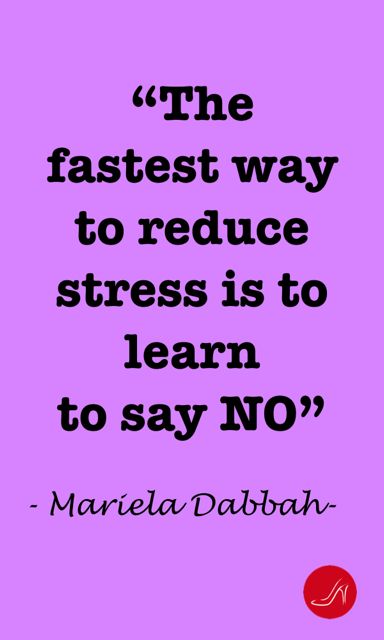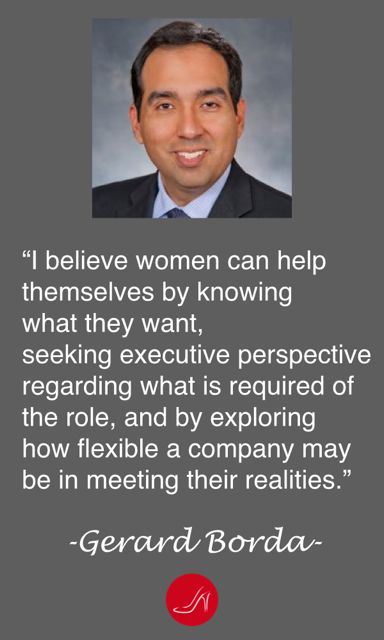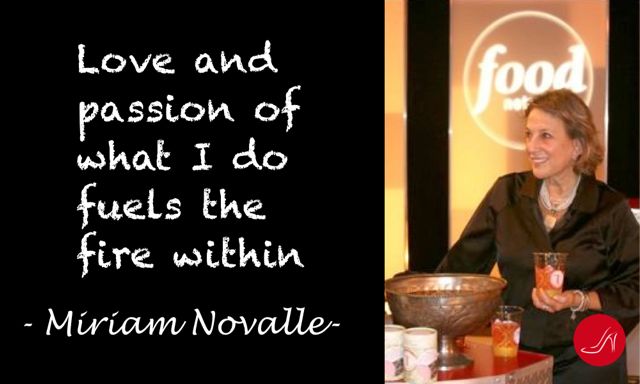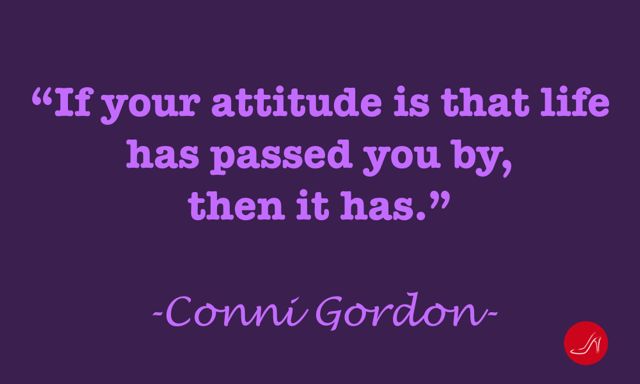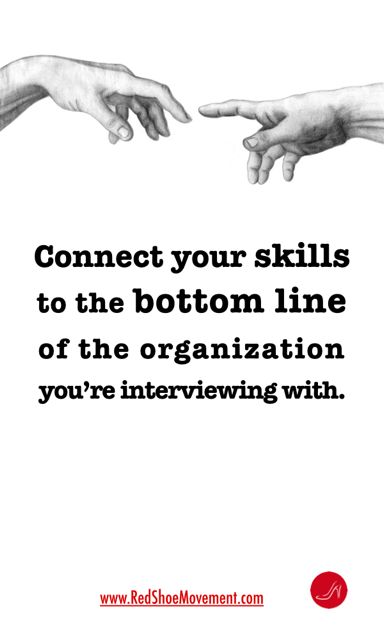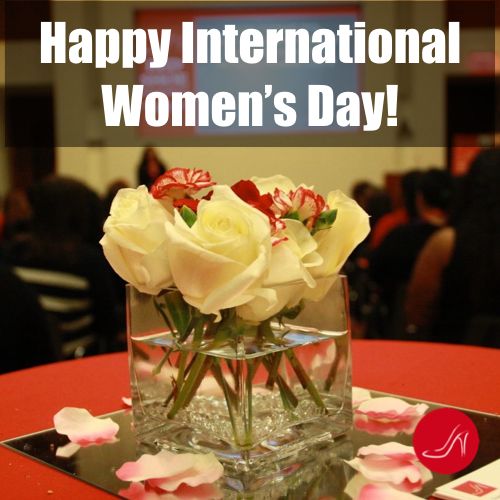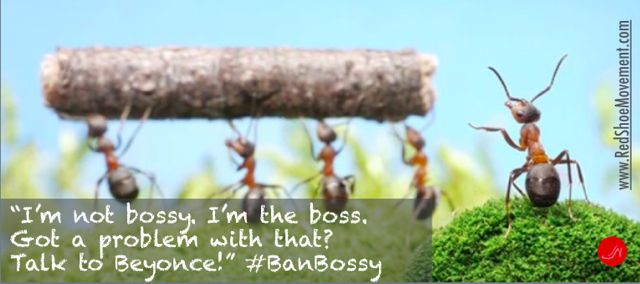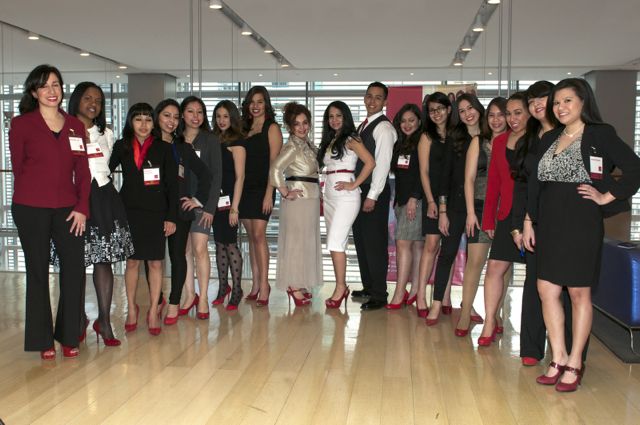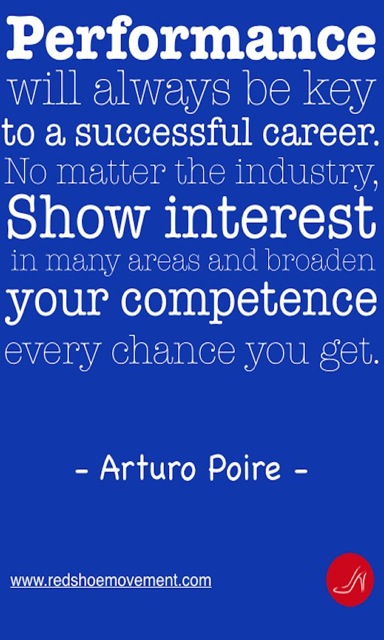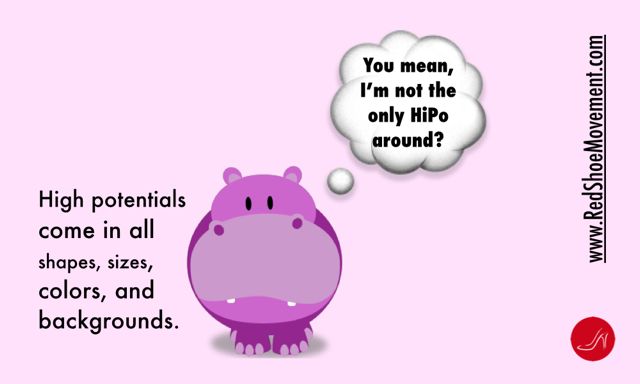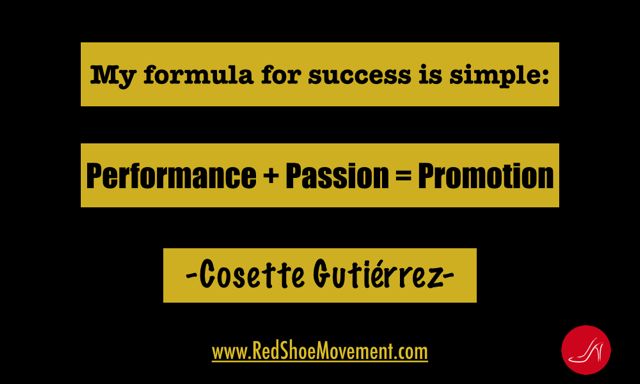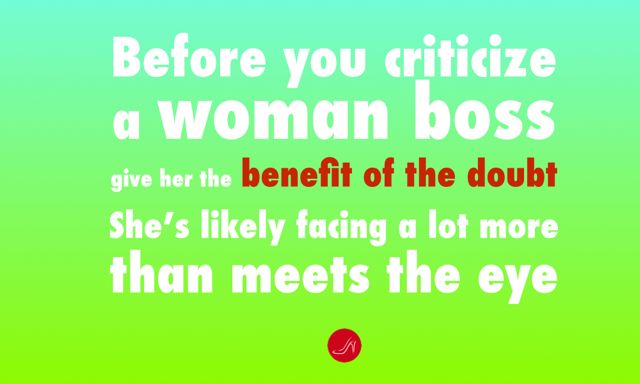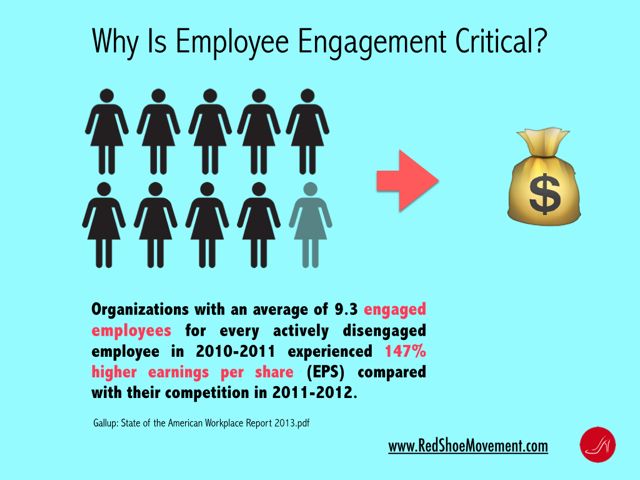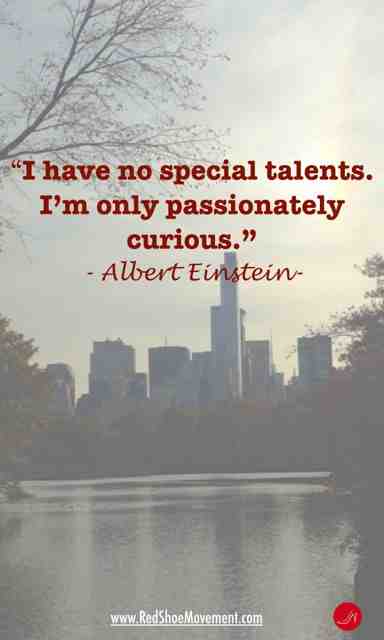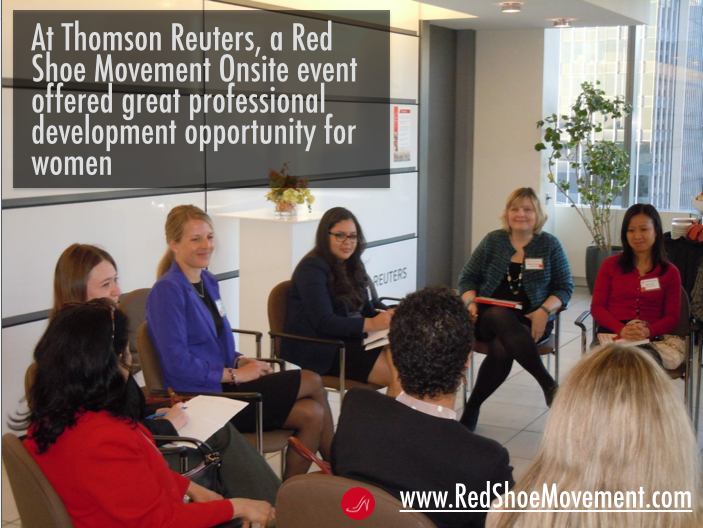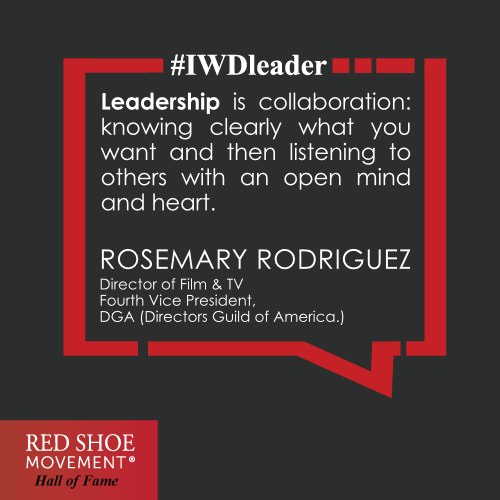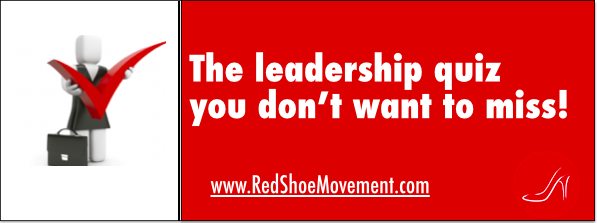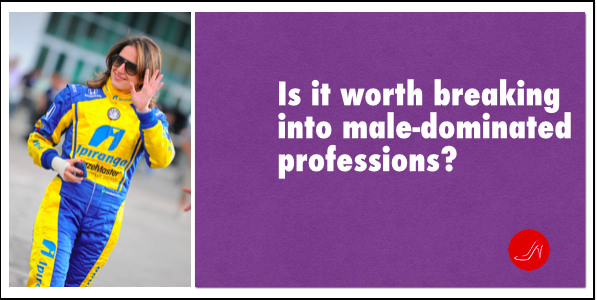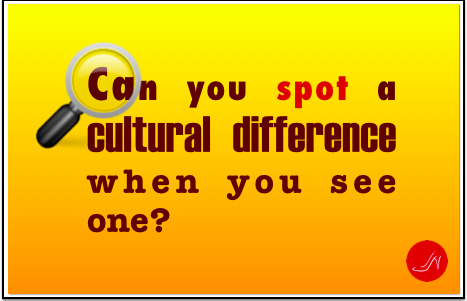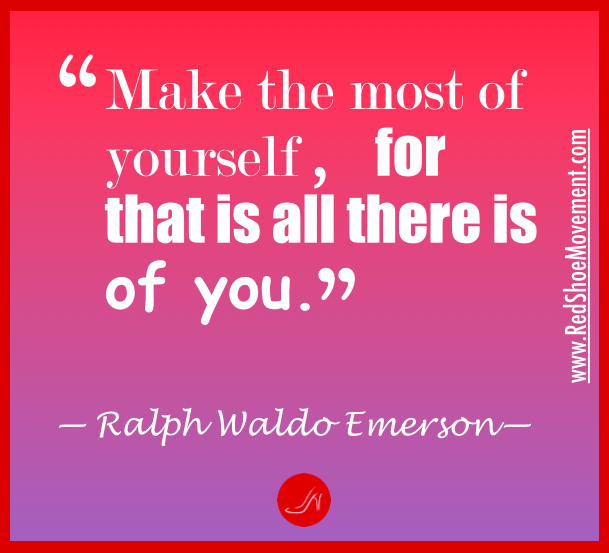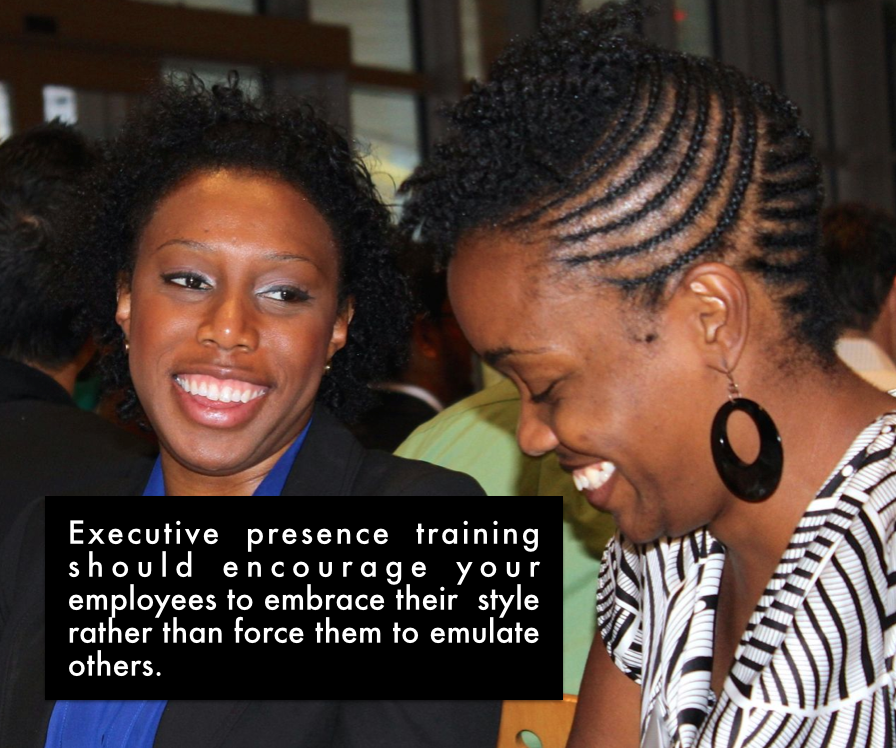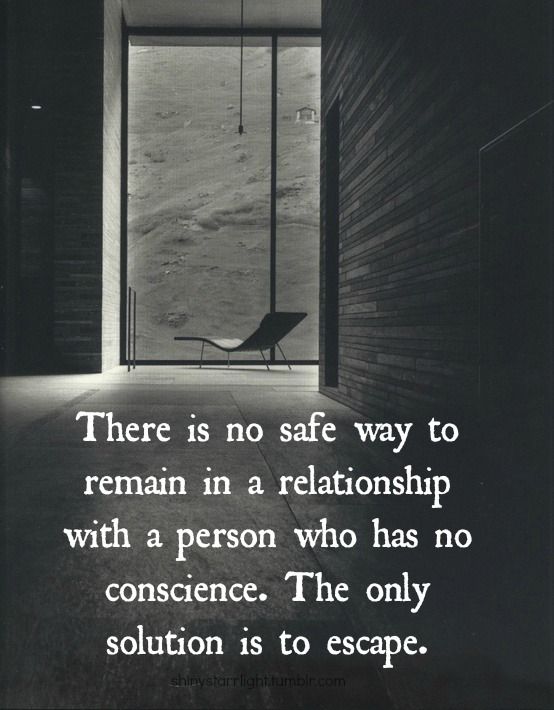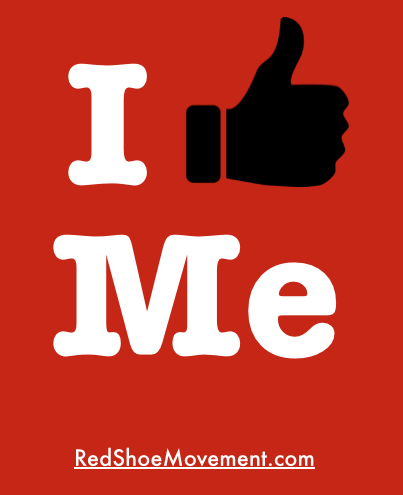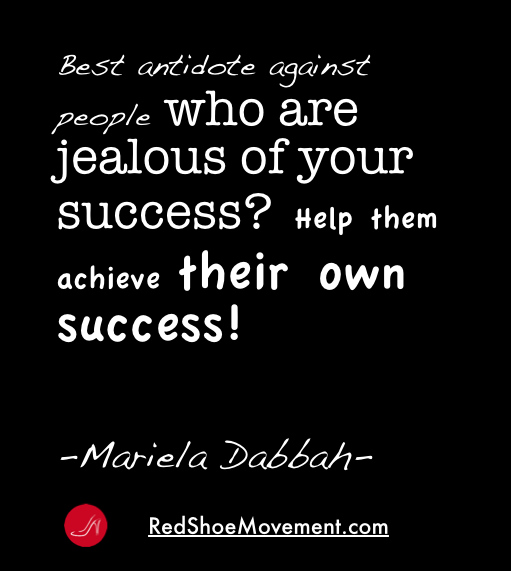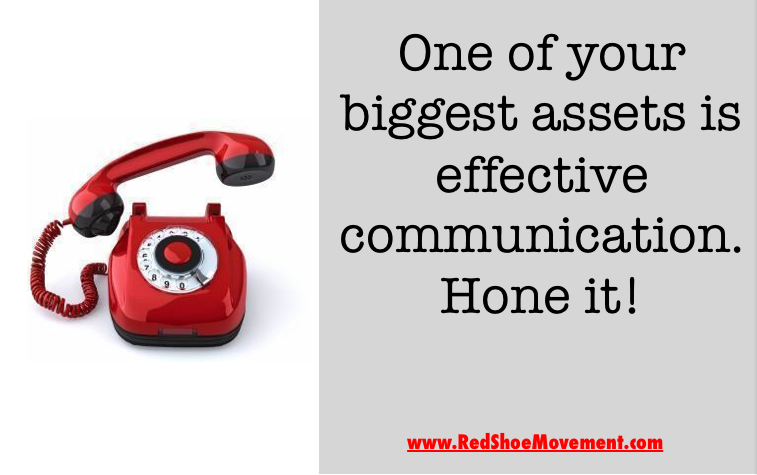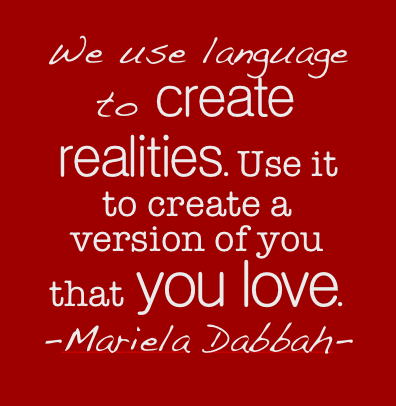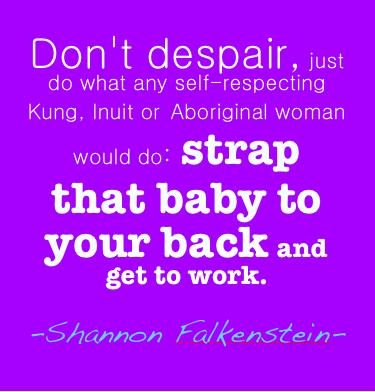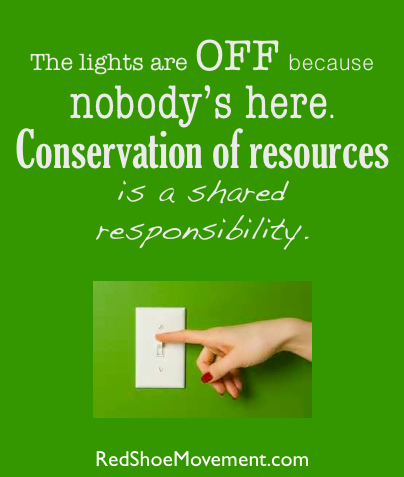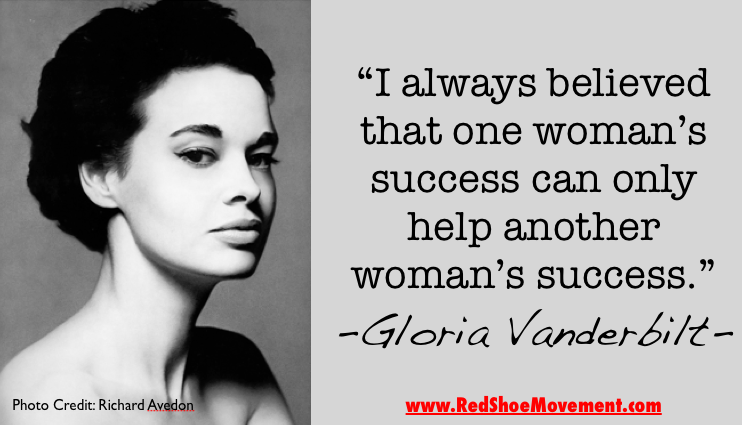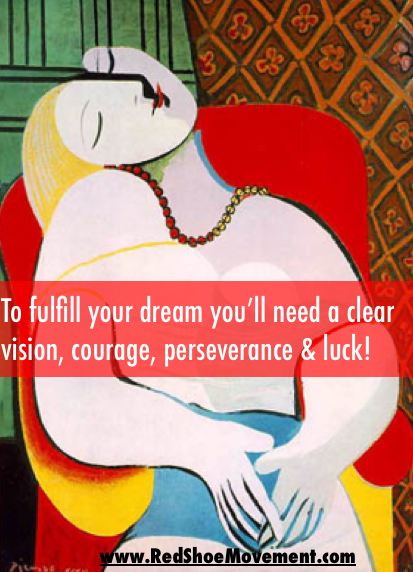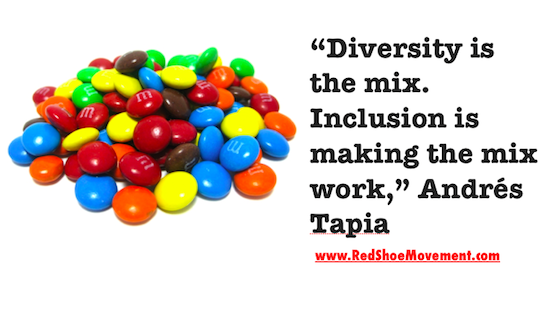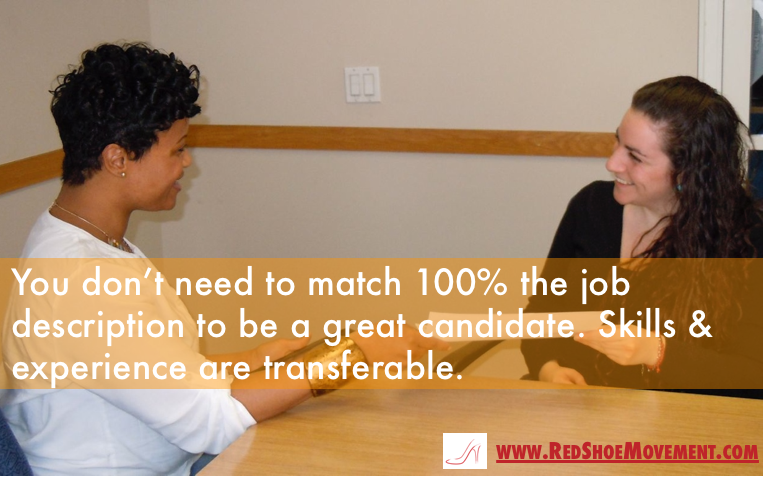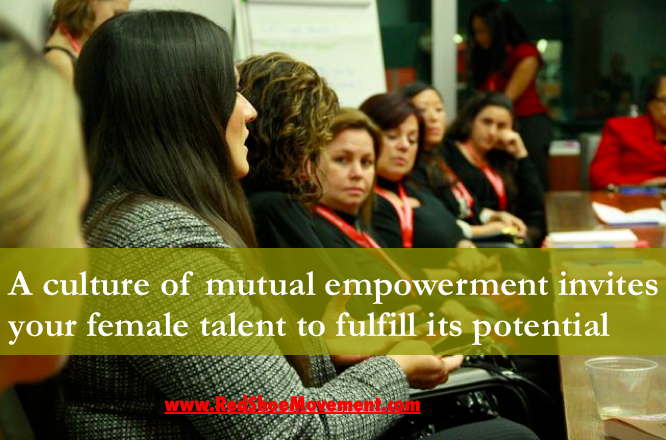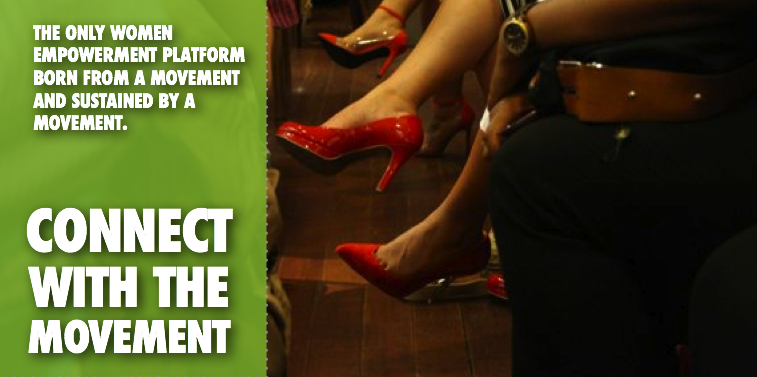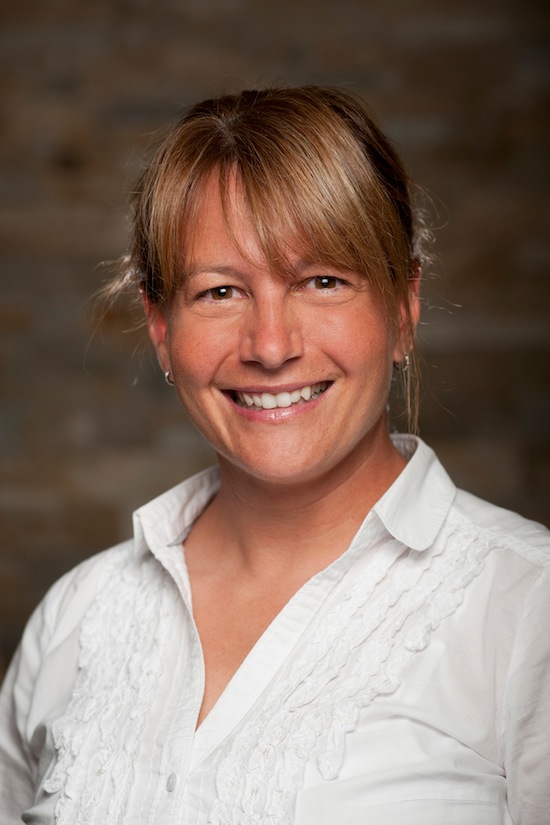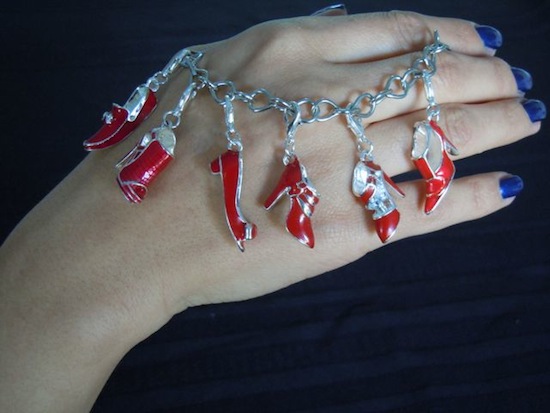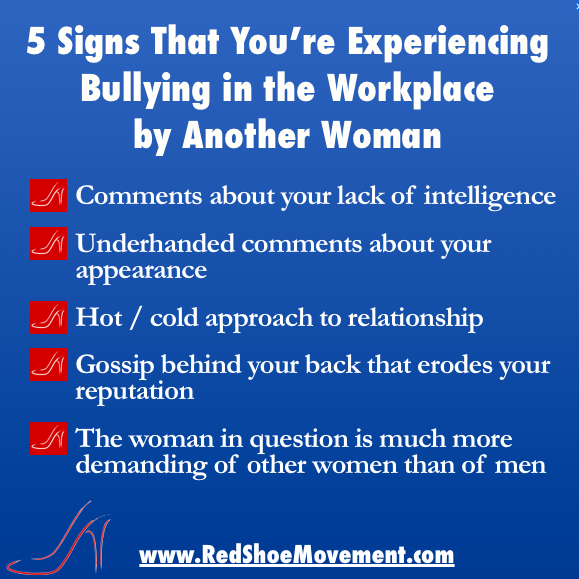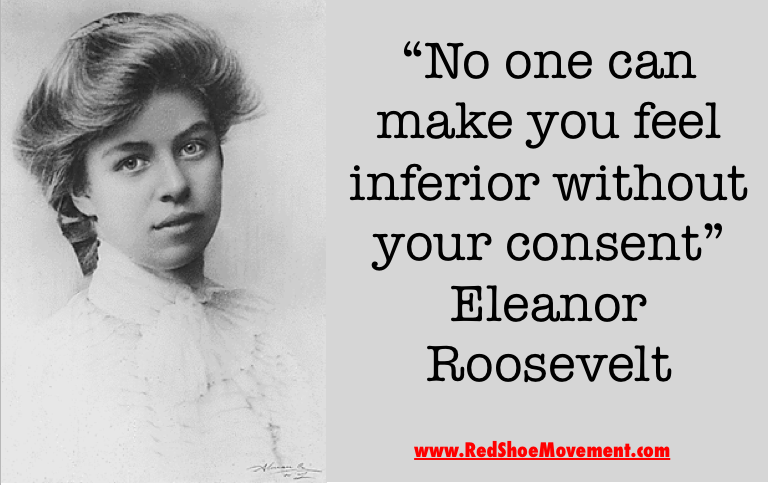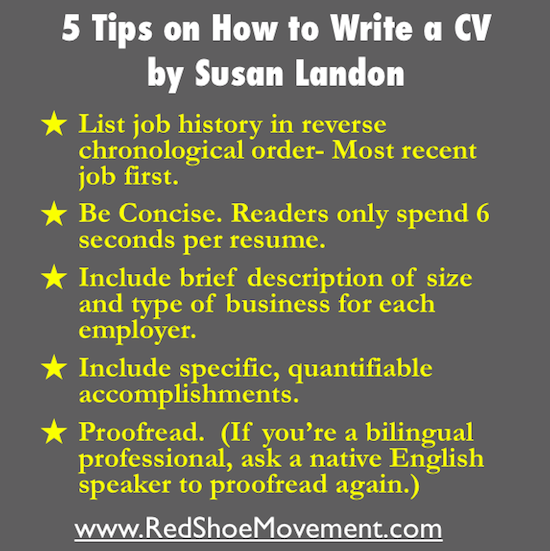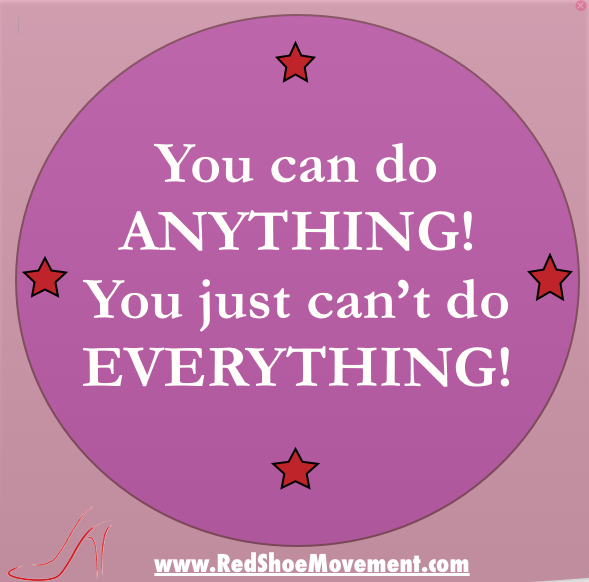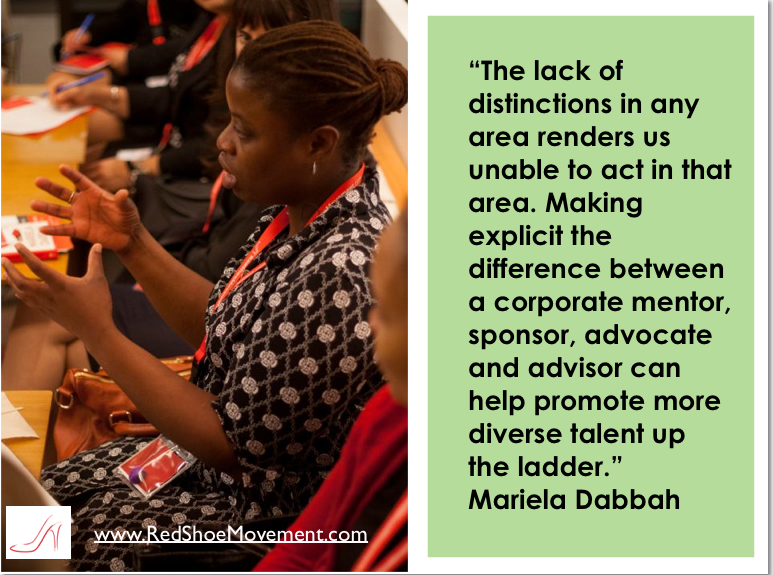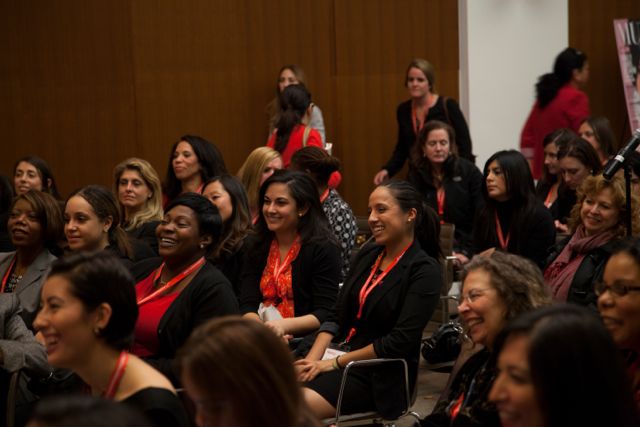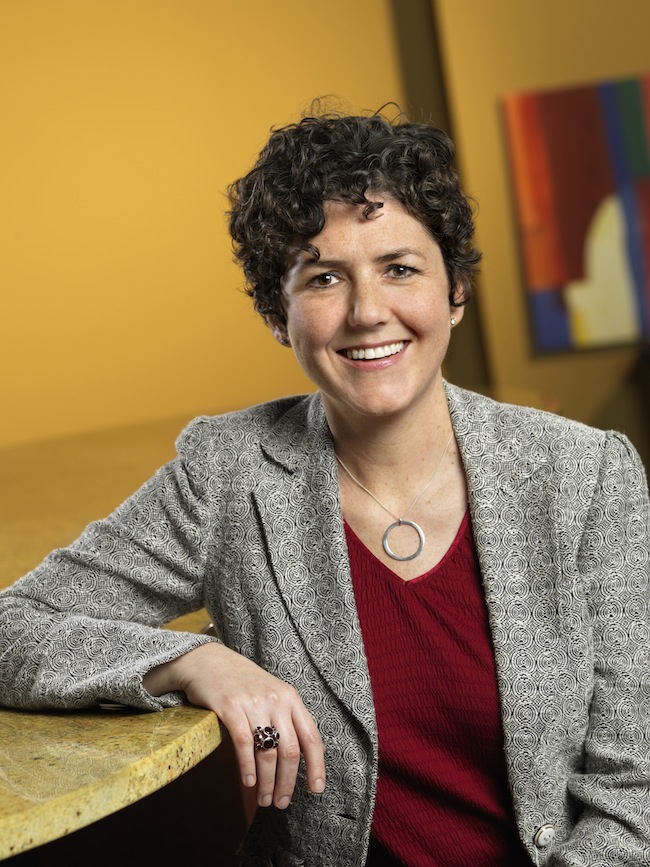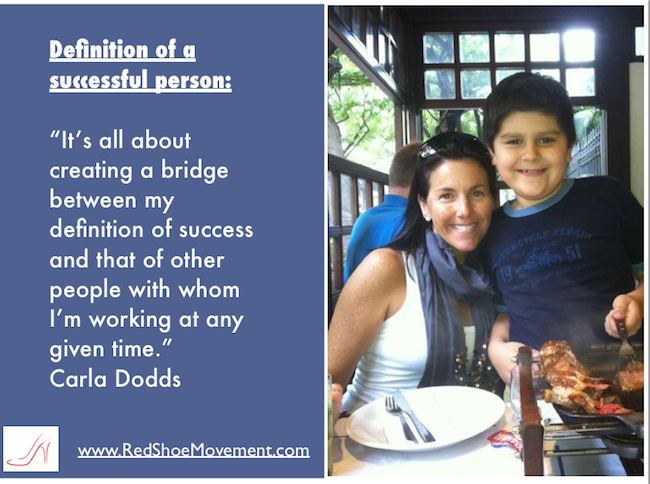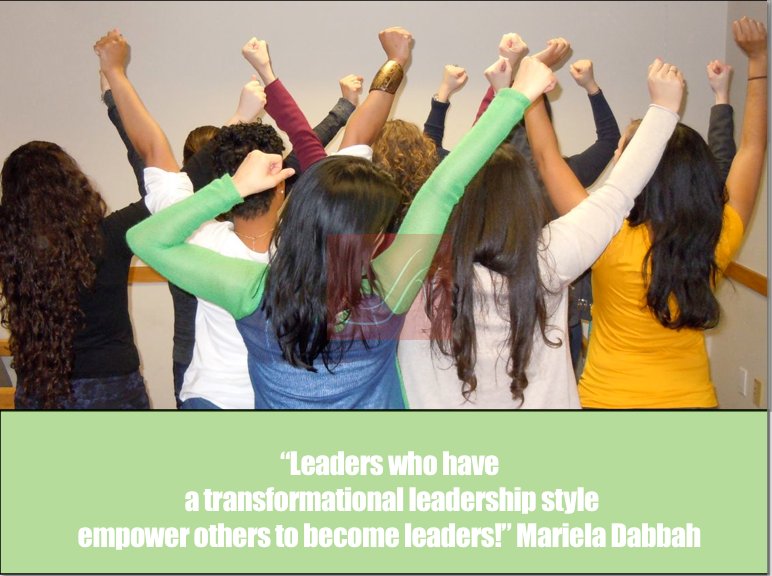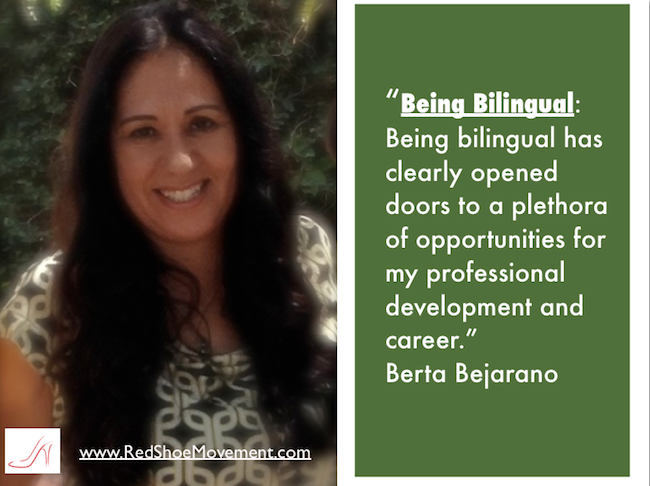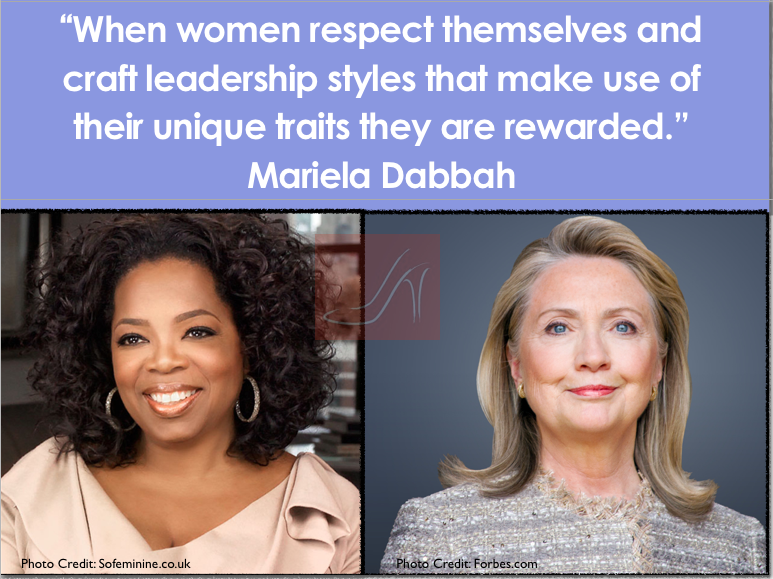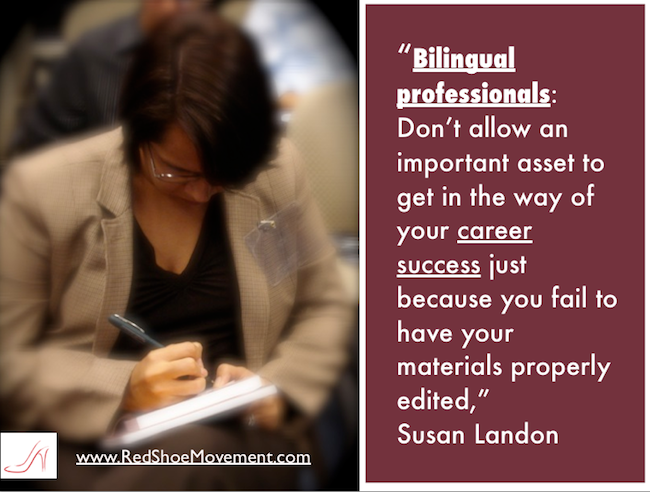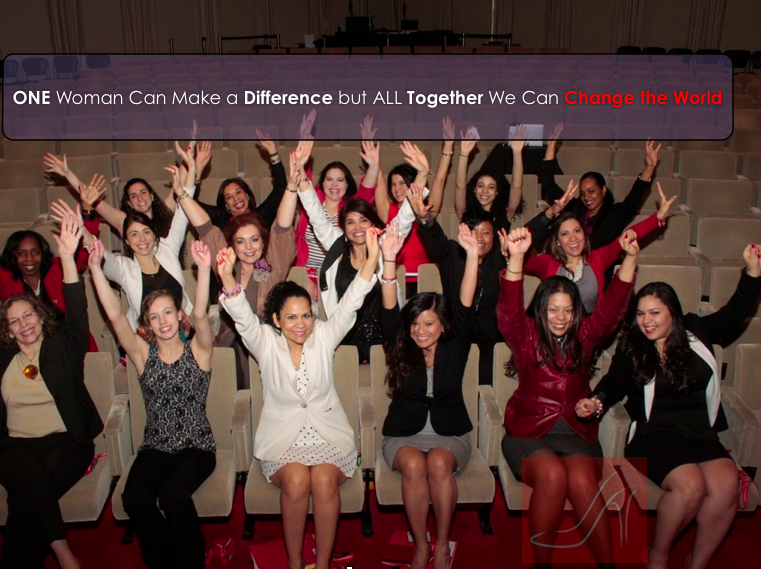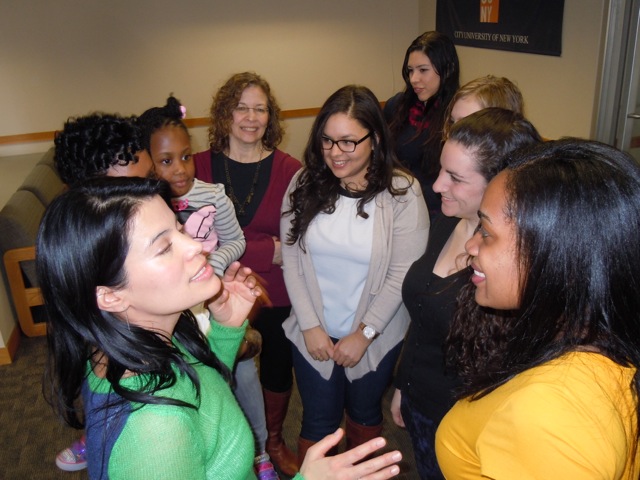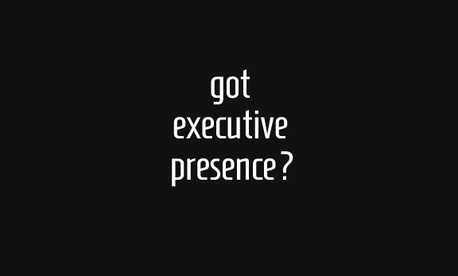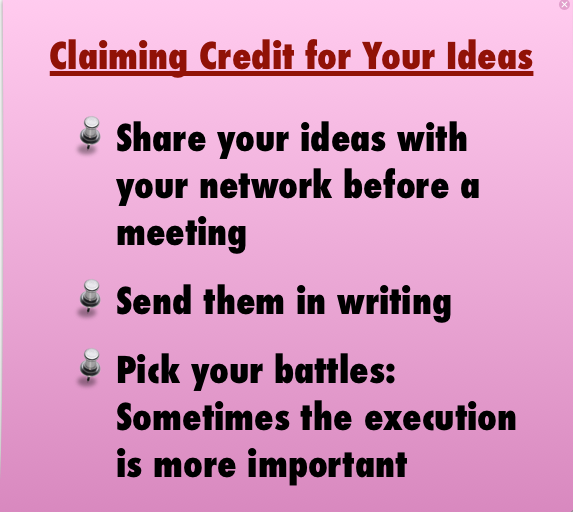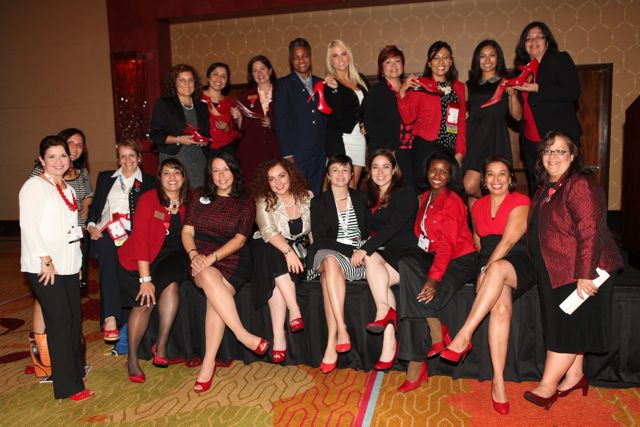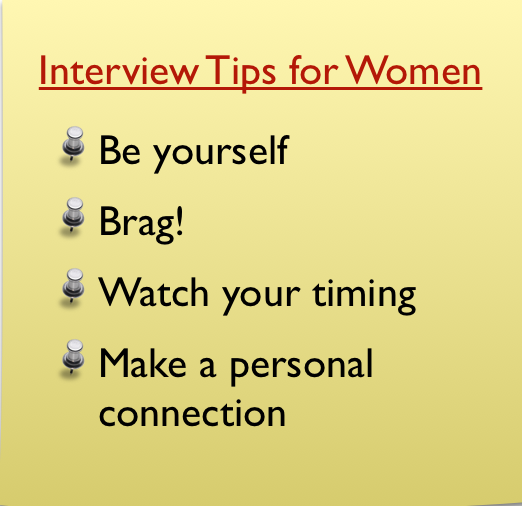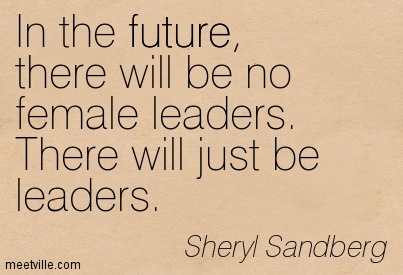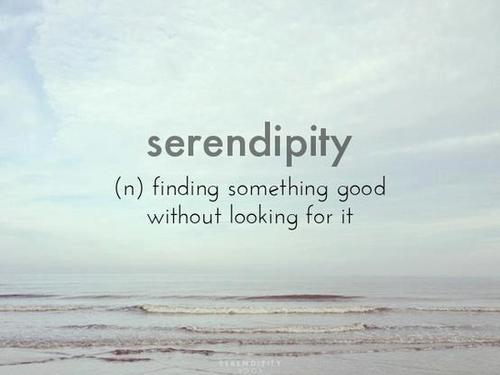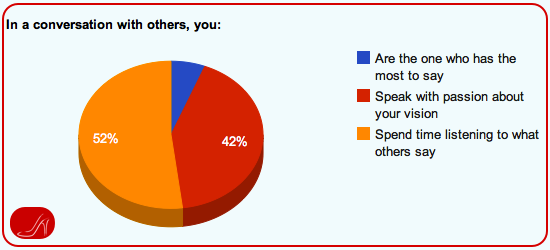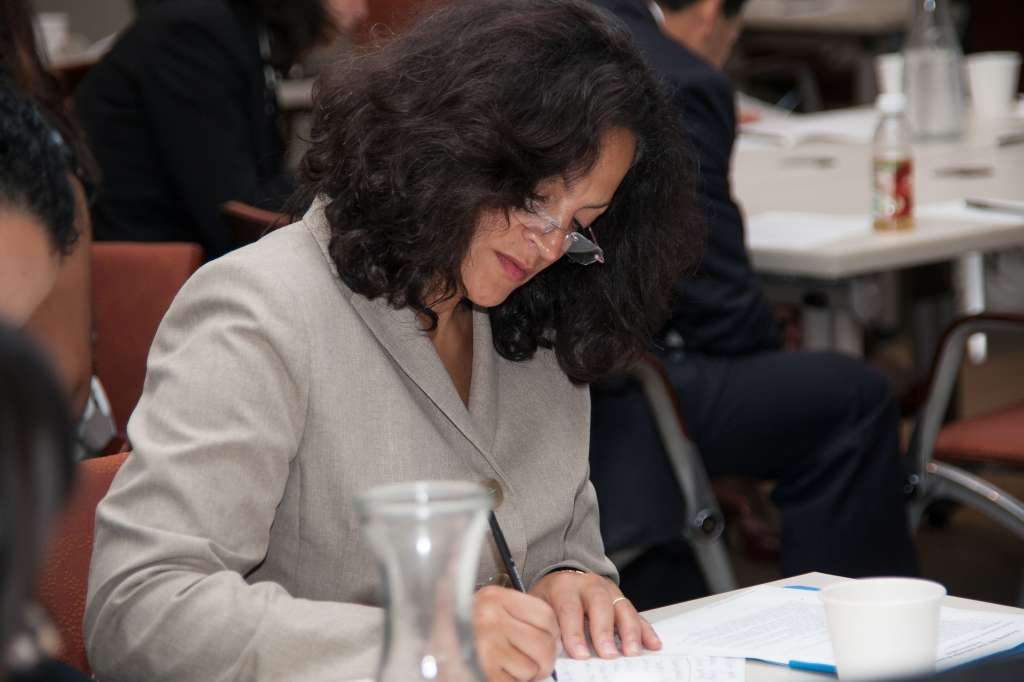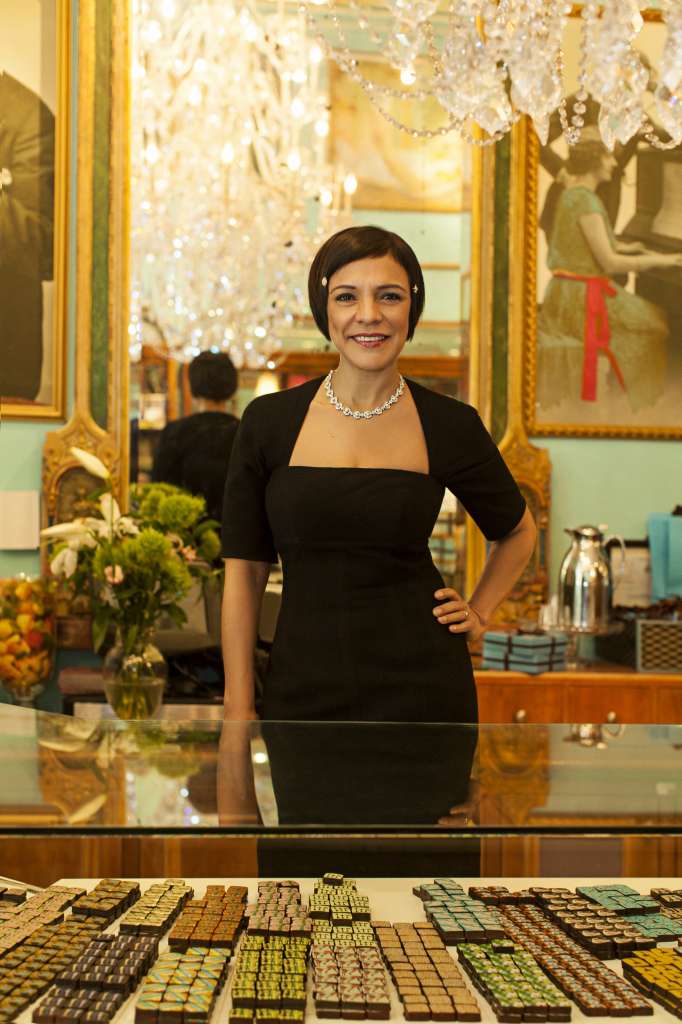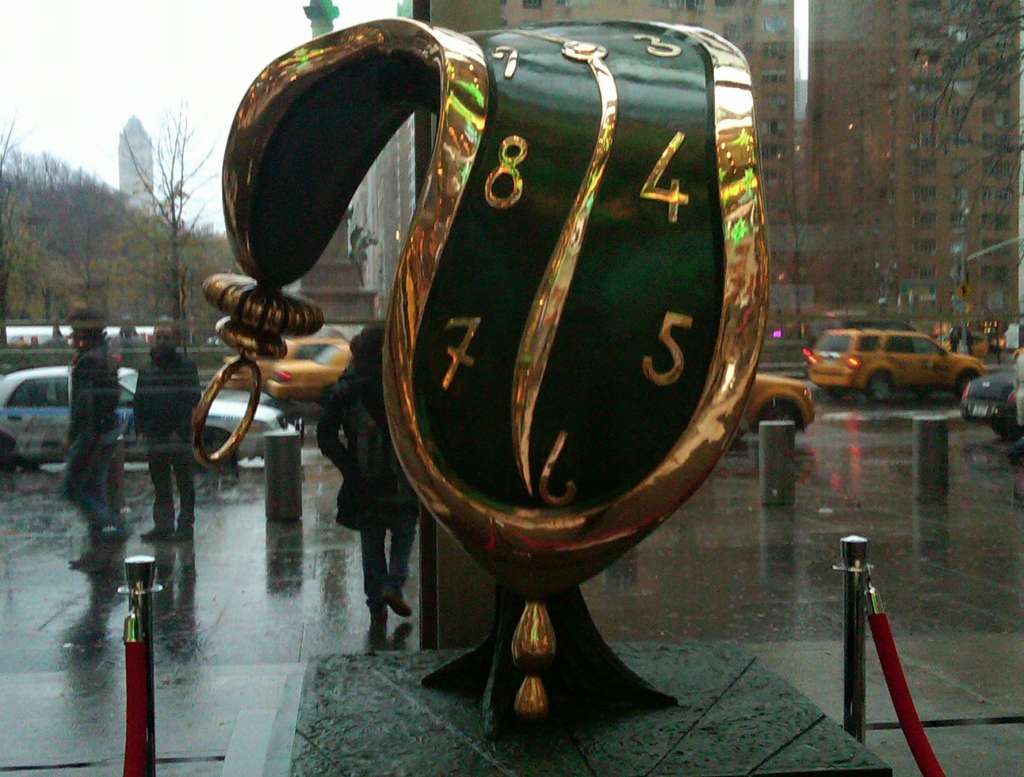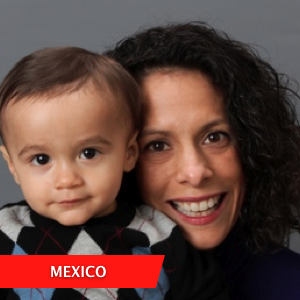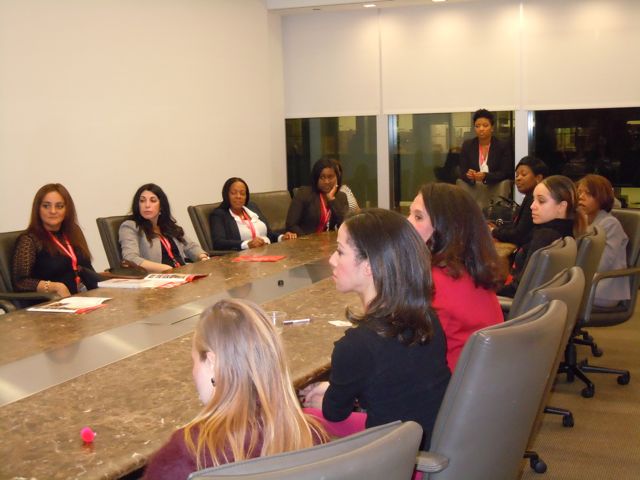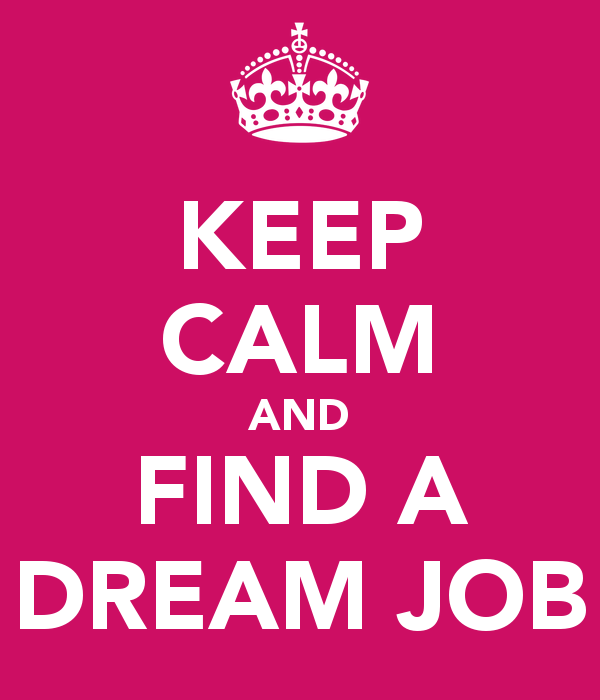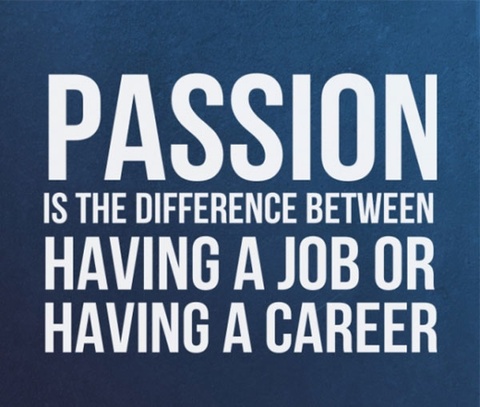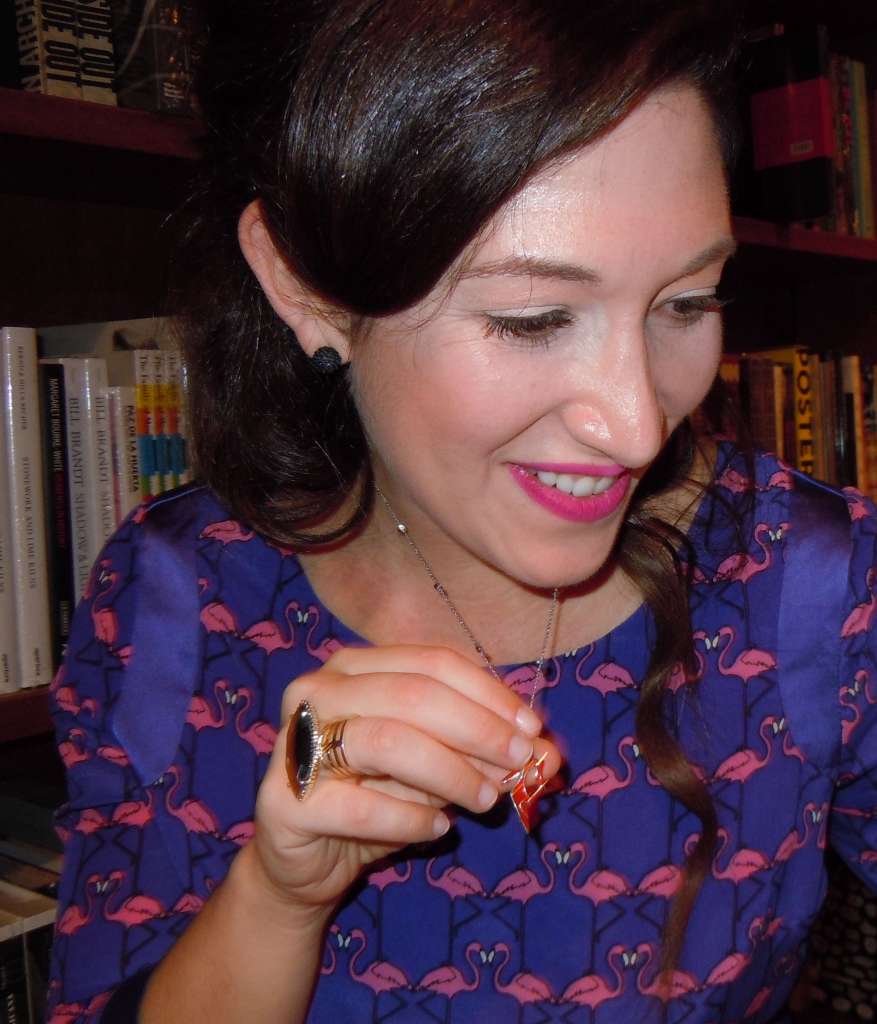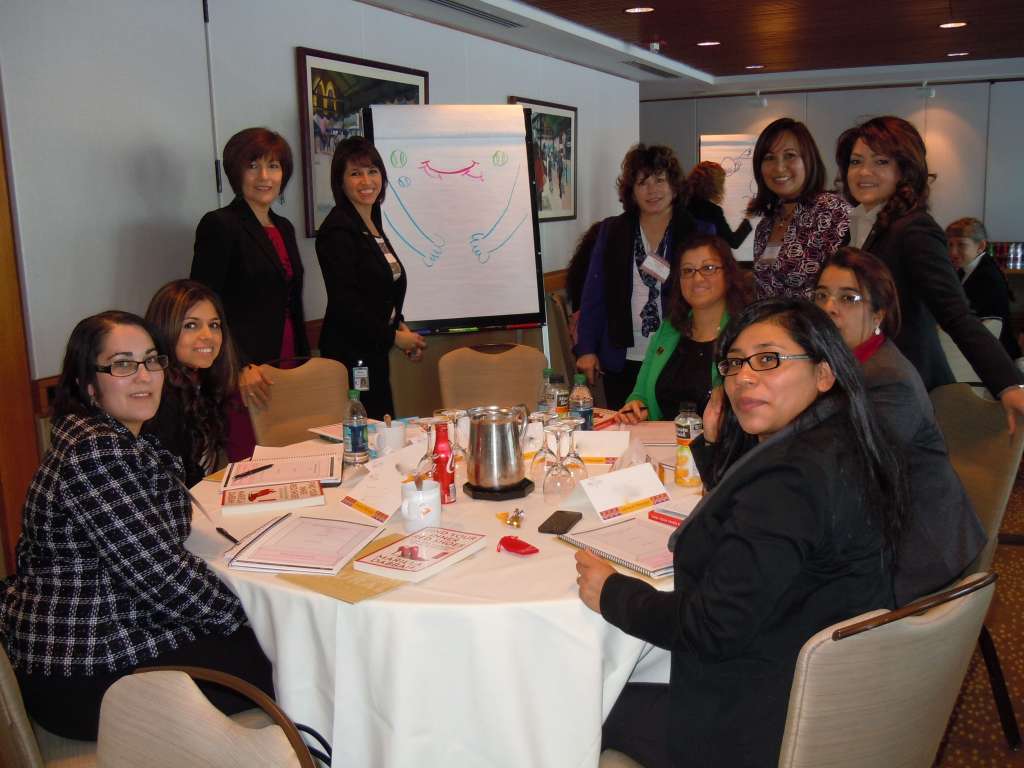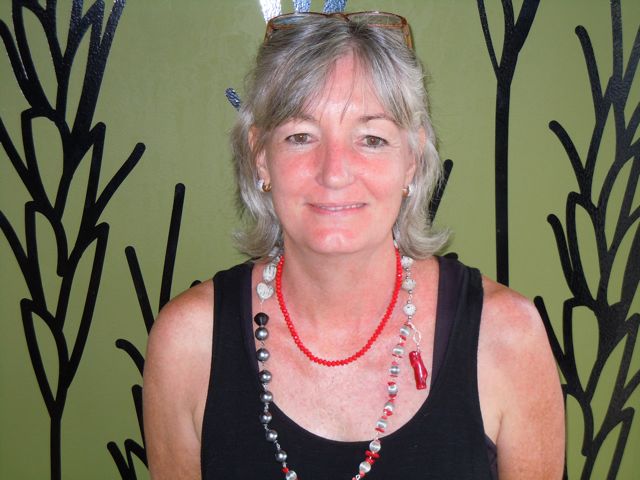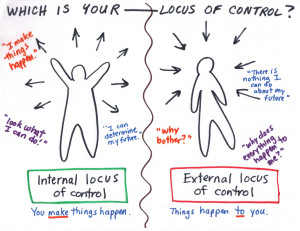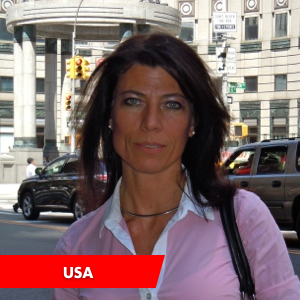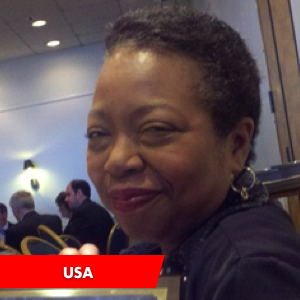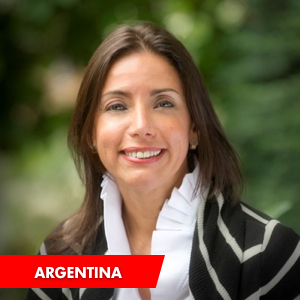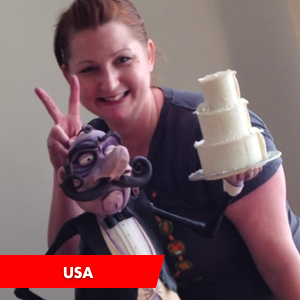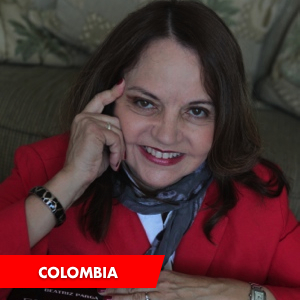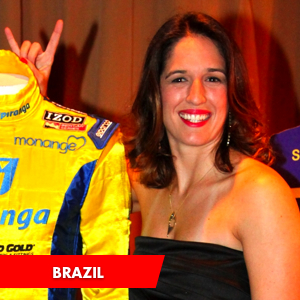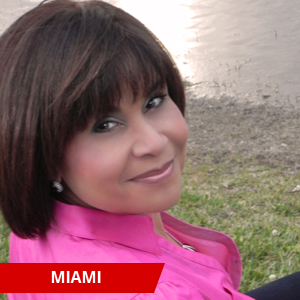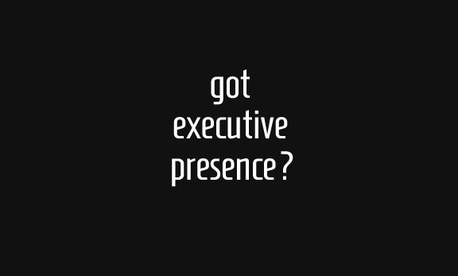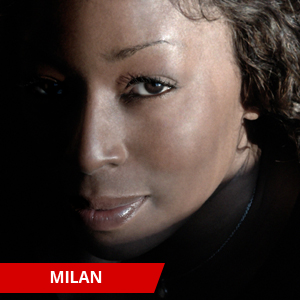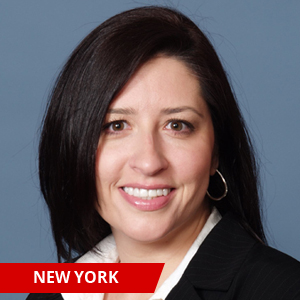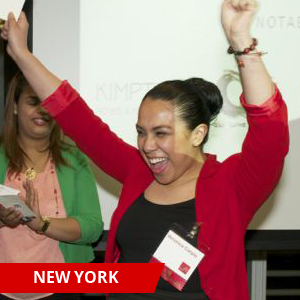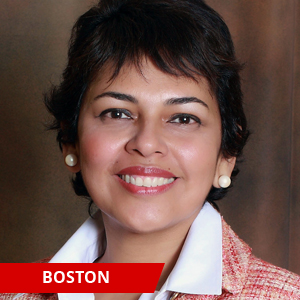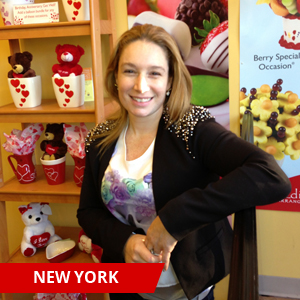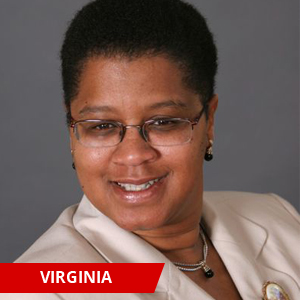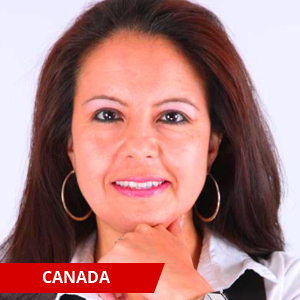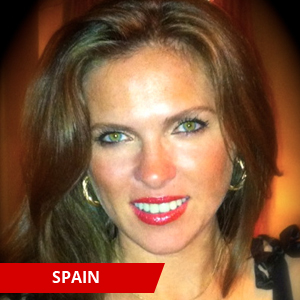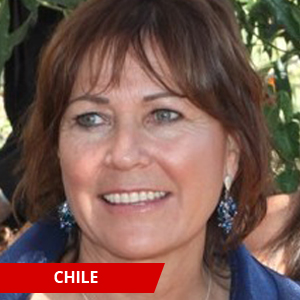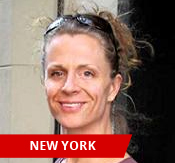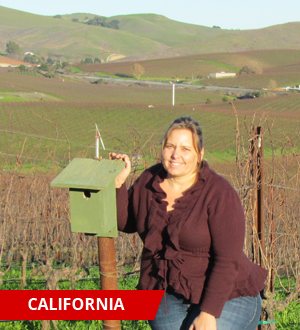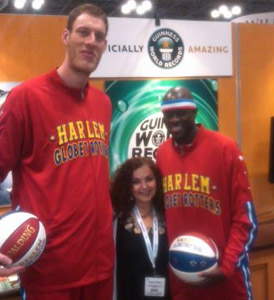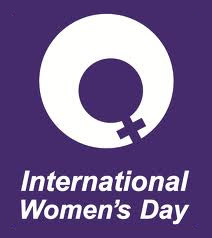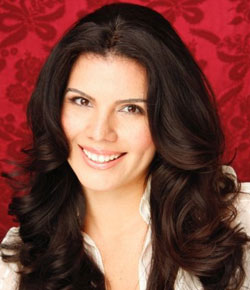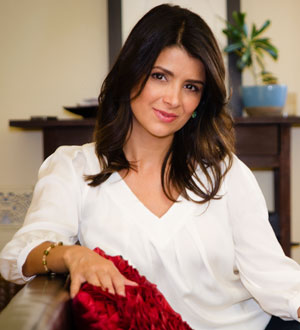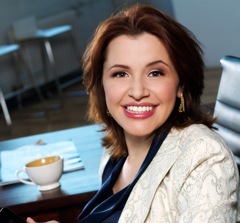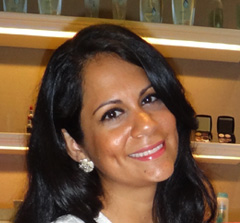Alexia Keglevich is the Global CEO of ASSIST-CARD. Today she reveals her journey from messenger at age 16 to CEO of the world’s leading travel assistance company.
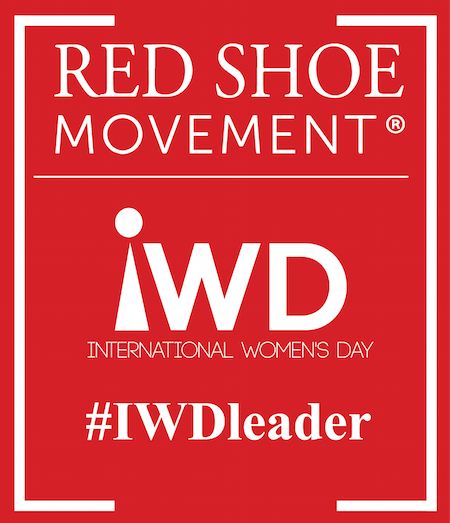
Her offices in a smart building in Buenos Aires never keep her away from the reality of her clients. Alexia Keglevich travels all over the world visiting the 36 countries where her company operates, to evangelize a culture of help, from human being to human being, in which she deeply believes. Upon learning of my plans to go from her offices in the neighborhood of Saavedra to my next appointment in downtown Buenos Aires, Alexia Keglevich (or Alexia as she prefers to be called,) arranged for Abel, her personal assistant, to take me. “We’re here to help,” she said as if it where the most natural thing to do.
From the various positions she has held in the company, Alexia Keglevich has played a transcendental role for the consolidation and expansion of the business. At 16 she joined ASSIST-CARD, the company founded by her father, as a messenger. Her ability and desire for improvement led her to launch and develop the Marketing and Advertising area of the company. For 10 years she held different positions within the organization, specializing in new product development and in the design of commercial strategies. She also led the expansion of the business to Southeast Asia.
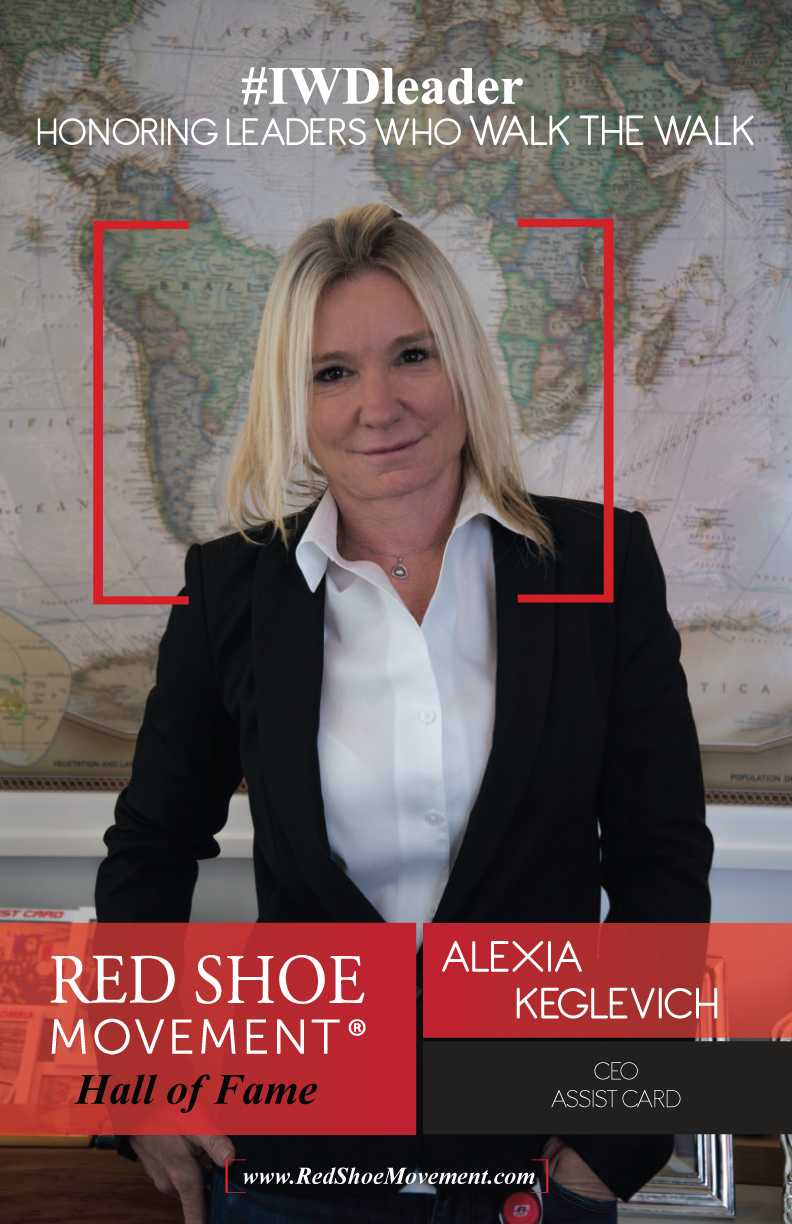
After leaving the company for a few years and continuing her professional development at Banco Río (now Santander Río) as credit cards leader, in 2000 Alexia returned to ASSIST-CARD as Executive Director. In 2006 she was appointed CEO for all global operations. Since her return, the company has multiplied its sales eight times, diversified its lines of business, and developed new sales channels, products and services.
In 2014 she was recognized by the Latin Business Chronicle magazine (LBC) in their annual ranking of “The Top 50 Executive Women of Latin America.” And today she’s in the Red Shoe Movement Hall of Fame!
Alexia Keglevich holds a degree from the Universidad Argentina de la Empresa (UADE) and an MBA in Business Management from the IAE Business School.
Getting to know Alexia Keglevich
What personal characteristics make you an effective leader?
Perseverance and intensity. I am an eternal dreamer. I am convinced that anything is possible. Also, I think I have a contagious energy, which makes people follow me because they see me in continuous movement. The key to success is listening and talking to everyone in the company and approaching the “other” in a way that you are a peer side to side. That way, it’s easier and more rewarding to understand the situation or the ask of the other person. The ability to empathize, and to be sensitive also forge the type of leadership personality with which I identify. Leading by example is critical. Being consistent in what you do and what you say is basic.
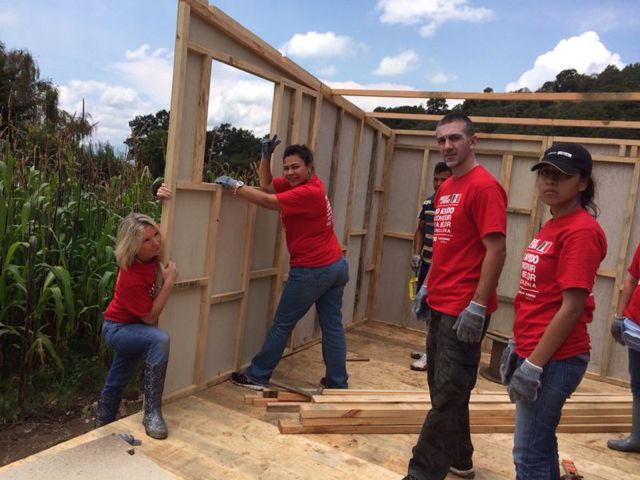
What were some of the hard and soft skills you had to learn to become a CEO?
Hard: I had to learn all the financials of the company and the P&L, which bores me. But for this position I have to understand that since it’s a necessary aspect that I must master to make informed decisions (aside from the advice given by my collaborators, and specialists in this area.) Soft: I cultivated these skills as I went. I don’t know if a leader is born or made. I think it’s a combination of what your life and your experiences. Maybe you could be a leader as a kid and maybe something happened that prevented you from having the capacity to lead.
Personally, I was marked by the period of 1994 -1995 when I went to open ASSIST- CARD in Asia where the majority of the population was Muslim. That opened my mind early on and gave me the ability to adapt, which I don’t think I would have without these experiences. Just imagine, at that time I had to organize the entire trip and meetings via fax, without knowing before arriving at the scheduled meeting if it would come to pass or if it was canceled. Technology without a doubt is certainly a great ally for these issues (and many others.)
That made me grow a lot and have a ton of experiences. It taught me to be humble. I was 25 years old, and arrived to an unknown country where I would try to get customers, sell my services, etc. In addition, I was also a very young mom and that in itself gave me the ability to understand certain situations early on in life. Things were not easy. Coordinating family and my career… I learned in the school of hard knocks.
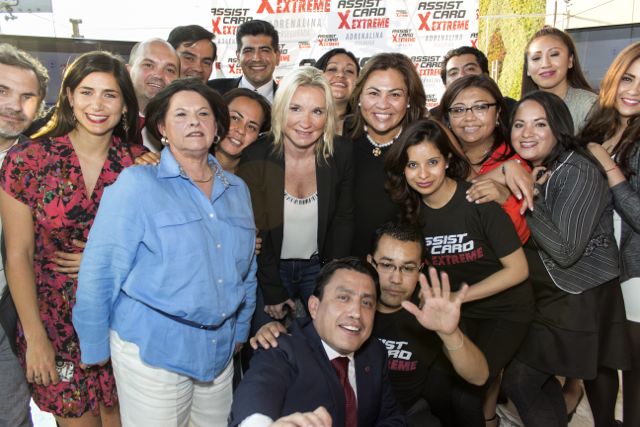
Successful negotiation according to Alexia Keglevich
How did you learn to negotiate?
One of the greatest negotiators I met in my life was my father. He taught me a lot! Now, when I see myself in the very moment of a negotiation, I see in myself many aspects of my dad when he was in those situations. With the great distinction that I am a woman, which has allowed me and continues to allow me to use my femininity as an advantage, and not a disadvantage. For me, entering as the only woman in a meeting is an advantage. I think I’m an excellent negotiator. I am clear on what I want to achieve, what I am willing to concede, and what I’m not.
What are some of the negotiation strategies that have worked for you the best at the highest levels?
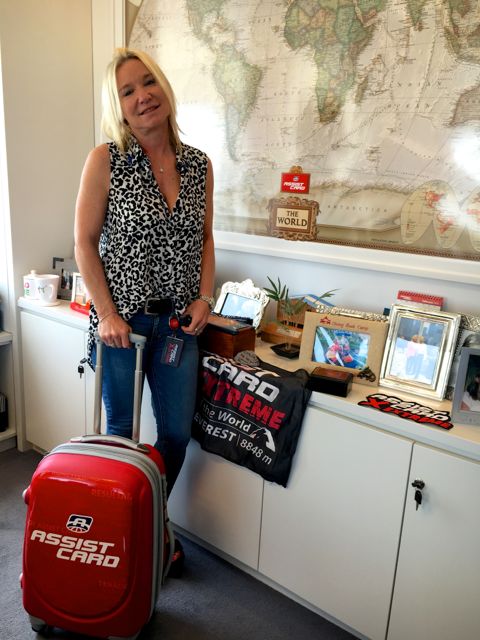
Knowing perfectly where I want to go, what I’m willing to give up and what I’m not. Having a plan of action. Imagining myself in the negotiation. Doing a little role-playing in my head. It’s something very personal. What happens if you tell me something, how will I react and what will my offer be.
Can you project executive presence and maintain a feminine style? Tell us how.
Absolutely. It’s true that women have another sensitivity. We have an ability to multitask that is not easy to find in a man. Historically women have done the multitasking so that the ability to have your mind on several things at once is particular to women.
Sometimes women are self-limiting when they think about the family because they ask themselves: “What do I do? Do I have children now or later?” You can plan your family and grow in your work environment. One thing, though. You have to make it clear to the bosses because there is a preconception that a 30 year old woman will want to have children, and so she is not offered opportunities. They don’t even ask her if she wants it. You have to be upfront about it.
I read an interview where you commented that during the time you started working on ASSIST-CARD for your dad, his expectations for you were very high. And you said that at that time you became a perfectionist. How has perfectionism affected you in a positive and negative way?
I am an eternal perfectionist. I permanently question the status quo because I am convinced that we can always be better. It probably comes from when my father was the CEO of ASSIST-CARD. When I joined the company at age 16, he told me: “You have to be much better than the best, because you have to set the example and because you are my daughter.” If I came in a minute late, he made me lose the bonus that represented 80% of my salary.
Is it good to be a perfectionist? On the one hand it helps me because I’m in constant improvement mode. And on the other, the negative part, is that I demand of my environment as much as I demand of myself. That can cause teams to become frustrated because I ask more and more and the team that is giving their maximum feels that nothing is good enough.
Faced by bad news, the thought that helps me to get ahead and not to succumb is to think of how others have come out of worse situations. This helps me strengthen myself and come out ready to act with tactics that will allow me to get out of that bad situation. Holding on to that thought is crucial to getting out of any personal or professional crisis.
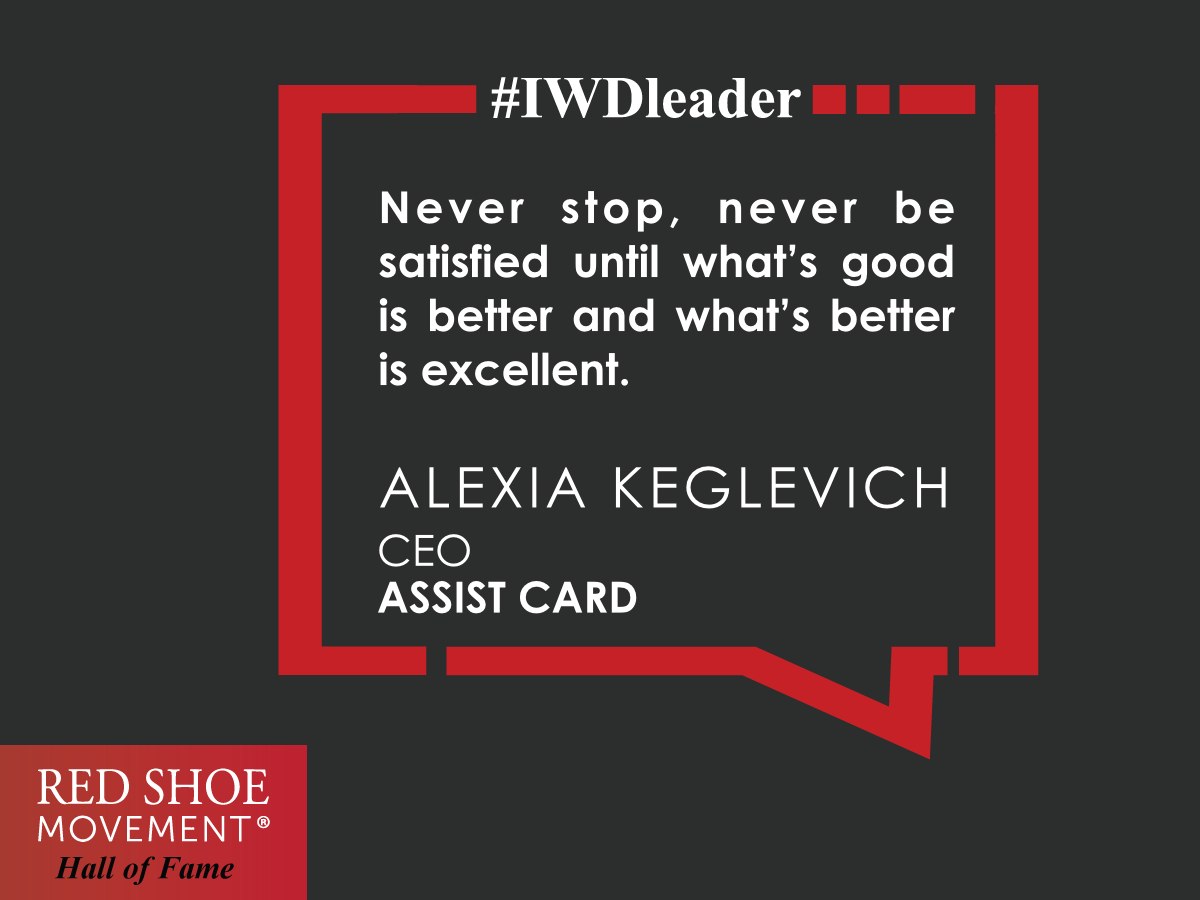
Alexia Keglevich on organizational culture
What are some of the most effective strategies you have implemented to accelerate the growth of women in your organization?
We are more women than men. However my direct reports, the C-level, are all men. The third line is more women than men.
Since I took lead in the company, machismo as a norm has disappeared. At the time my father was leading, there were no fathers taking their son to a school event, or to a doctor. That was what women did. Now, both men and women have a duty to care for their children, so the request to “go out for a school event” is even. For us the family is a critical support system of our people. If the family is not happy with the person working at ASSIST-CARD that employee will not be happy. I try to make sure that male collaborators are sensitive to the demands placed on women. I talk a lot from the heart. Not from the formality of a leader. I am Alexia. I hate being called CEO or when people call me by my last name.
I believe that this sensitive and from-the-heart part is what will serve us through this tough time of full-time technology, which is already here and will continue to grow. There won’t be any robot that gets excited like we do. I can no longer stand calling in to a customer service center in the U.S. and getting a robot. Something that is increasingly used because of costs. It is much more important to be “hearts tending hearts” than to be “robots tending hearts.”
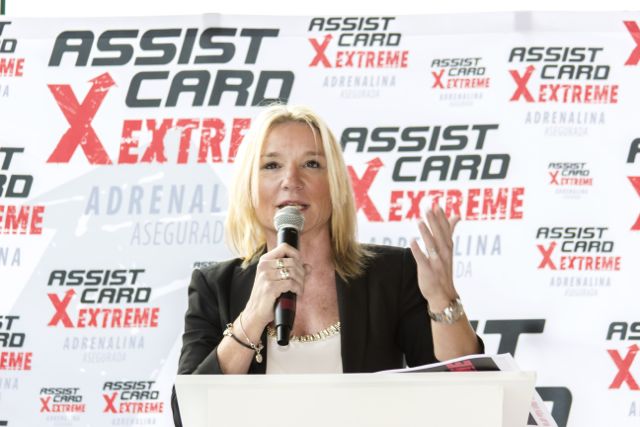
How do you use technology to maintain the culture of the organization even when ASSIST-CARD was bought by an American company, Starr International?
The sale of ASSIST-CARD was the most important negotiation of life. And within that negotiation one of the things that I negotiated was to keep the culture of the company free of any external culture. This part of the negotiation is the one I’m most proud of. And I did it directly with Maurice R. Greenberg, Chairman and CEO of Starr International. He understood that this company was different and that its greatest asset is its culture. We love helping. We love what we do. No one can come work for us if they don’t want to help.
We handle 36 countries from Argentina. Bringing our culture to all these places is becoming increasingly difficult, but the culture is becoming ever more important. Technology is a great ally, although nothing replaces the “face to face”. Nothing replaces being in the other person’s red shoes. In every trip I make I sit down with the salesmen, the couriers who travel on motorcycles, the people who serve coffee. Each city has a different reality but the culture must be the same. I have groups in Whatsapp so I can talk to everyone of our employees. I send voice messages so they can hear my tone. Technology helps to continue to expand and evangelize the values that make the organizational culture of ASSIST-CARD.
You can follow Alexia Keglevich on Twitter.



